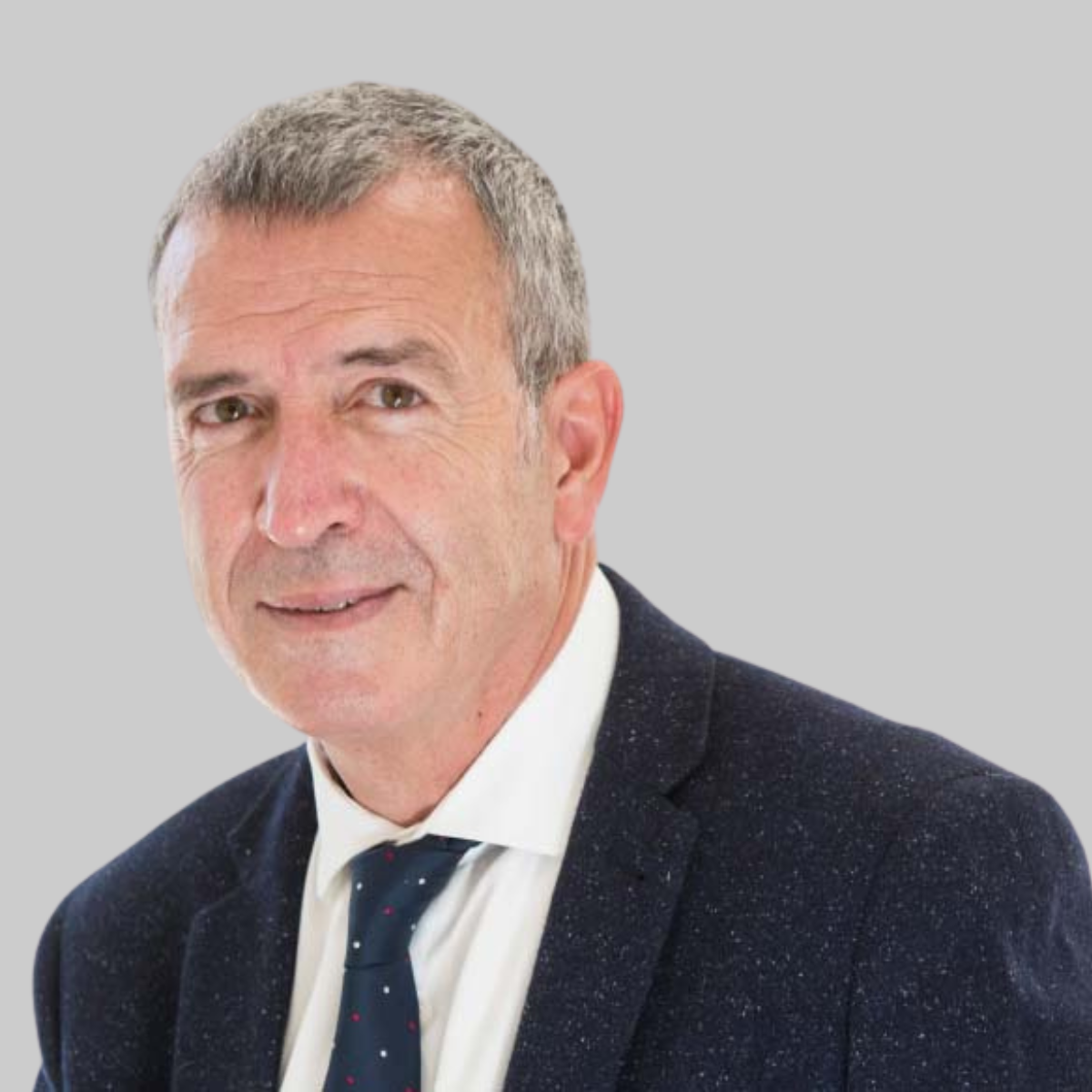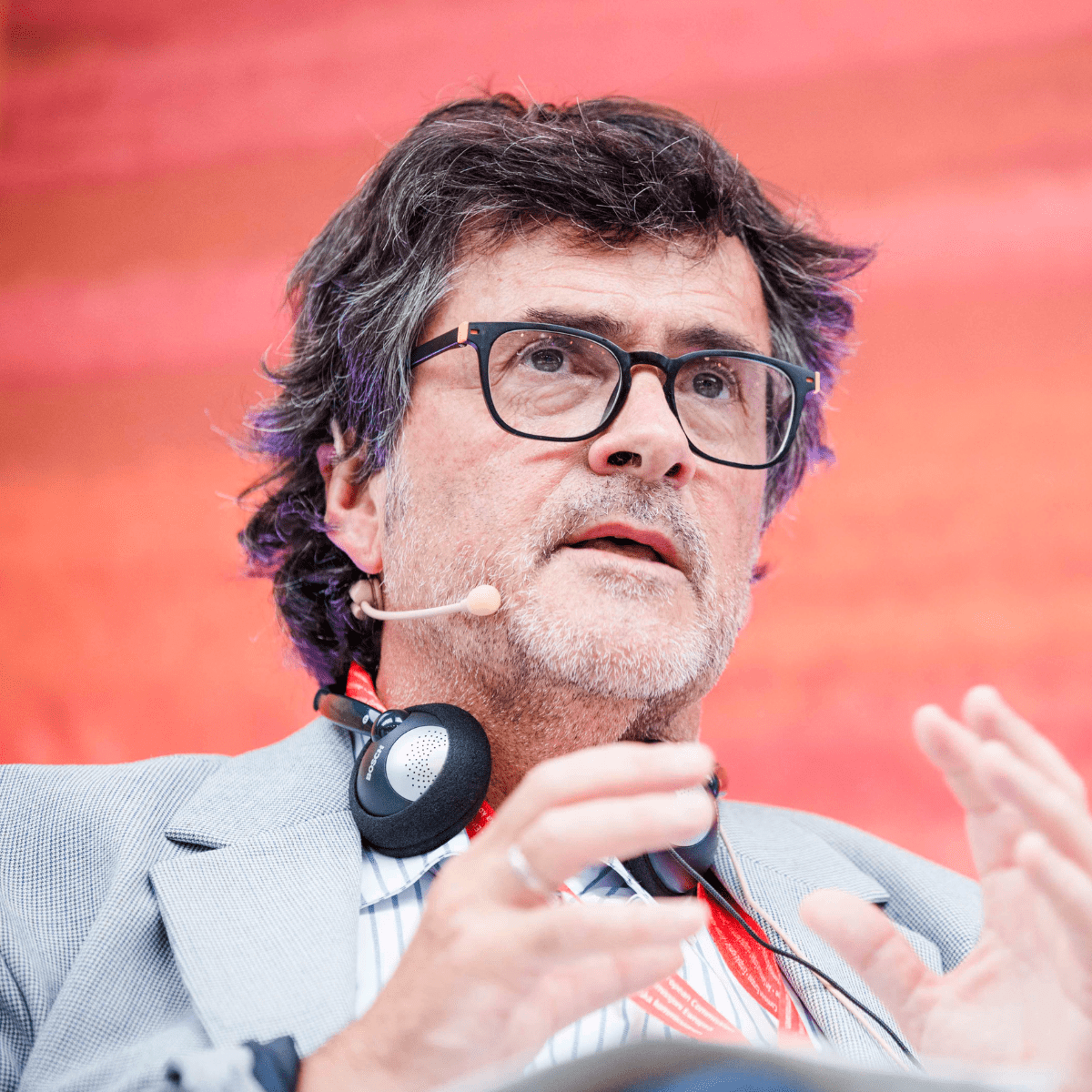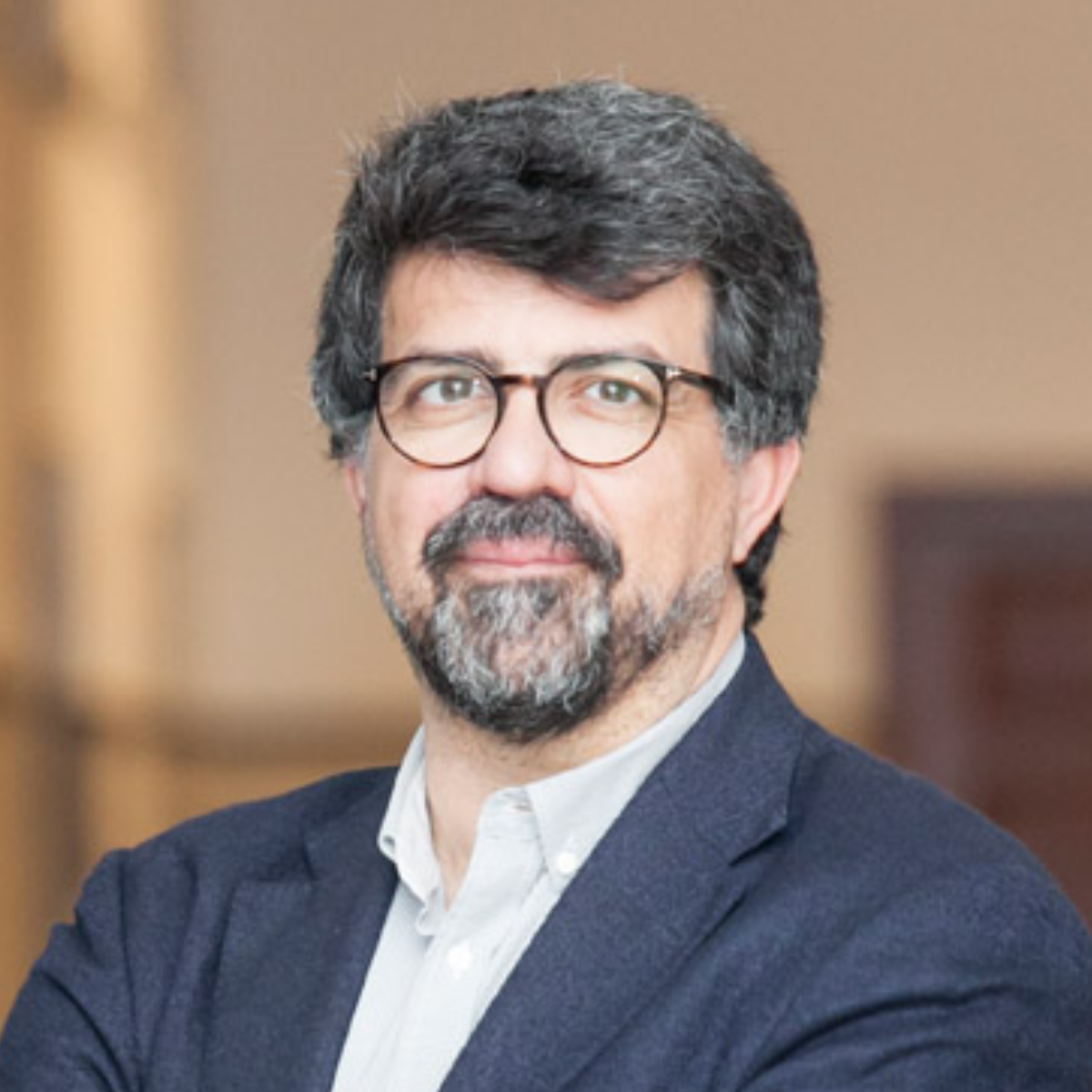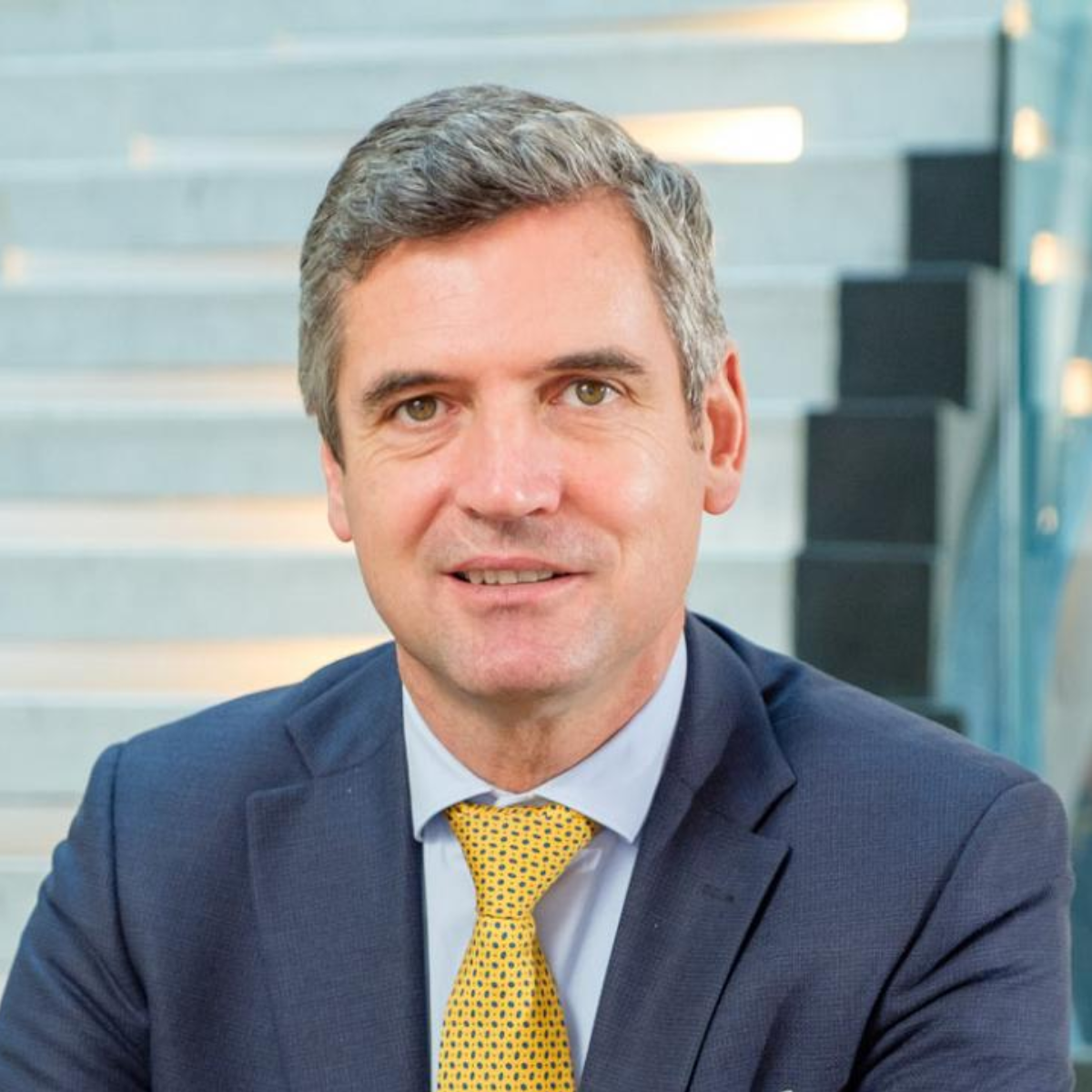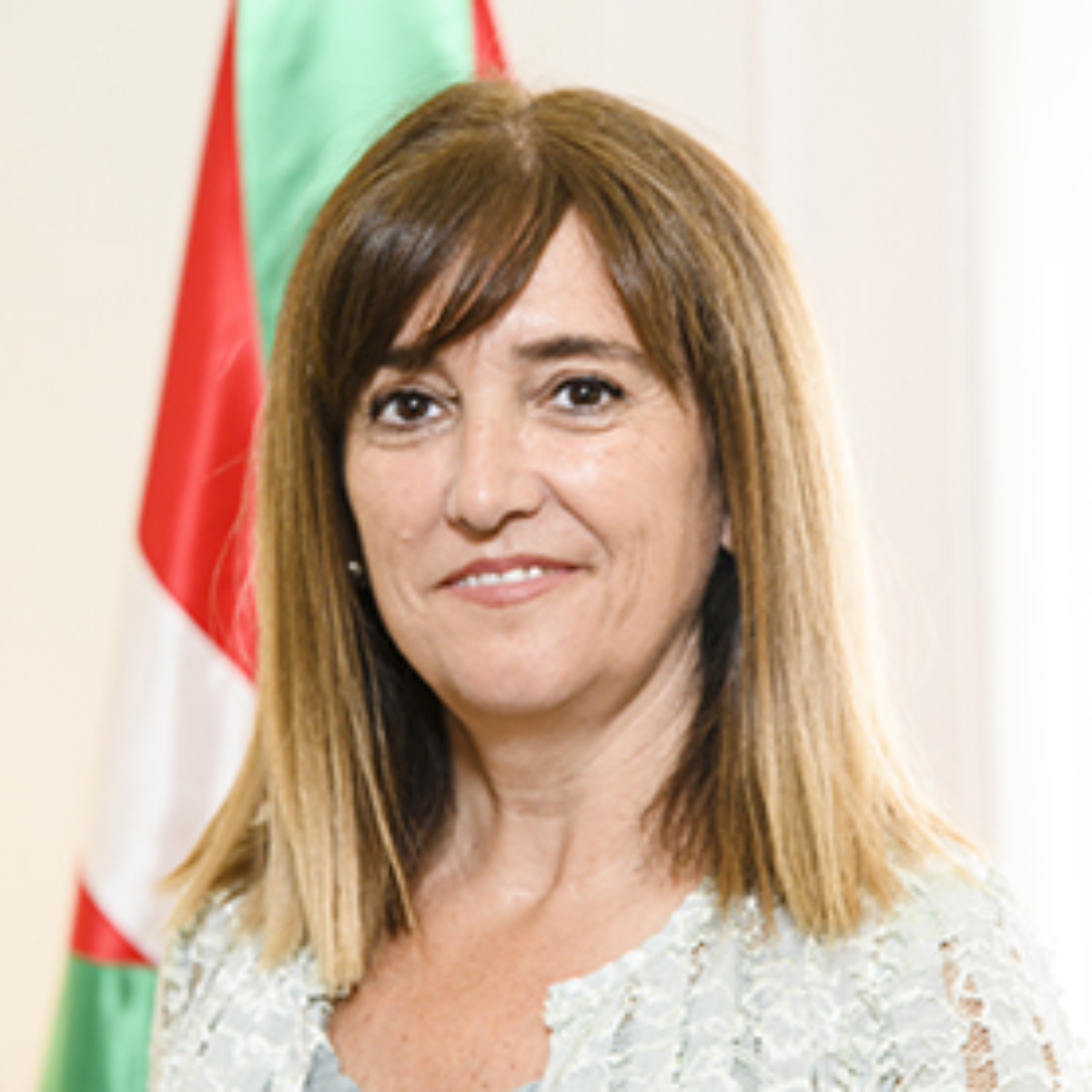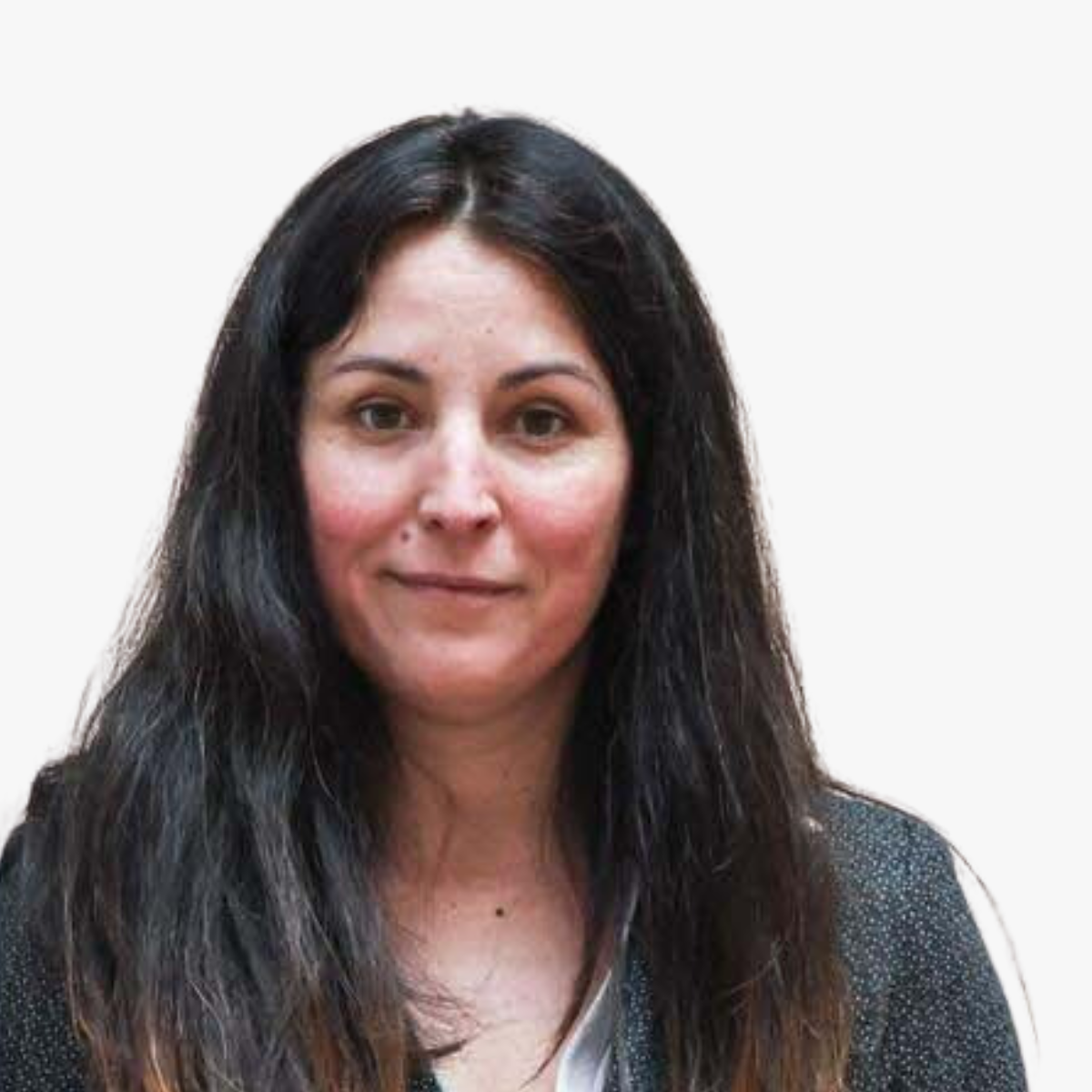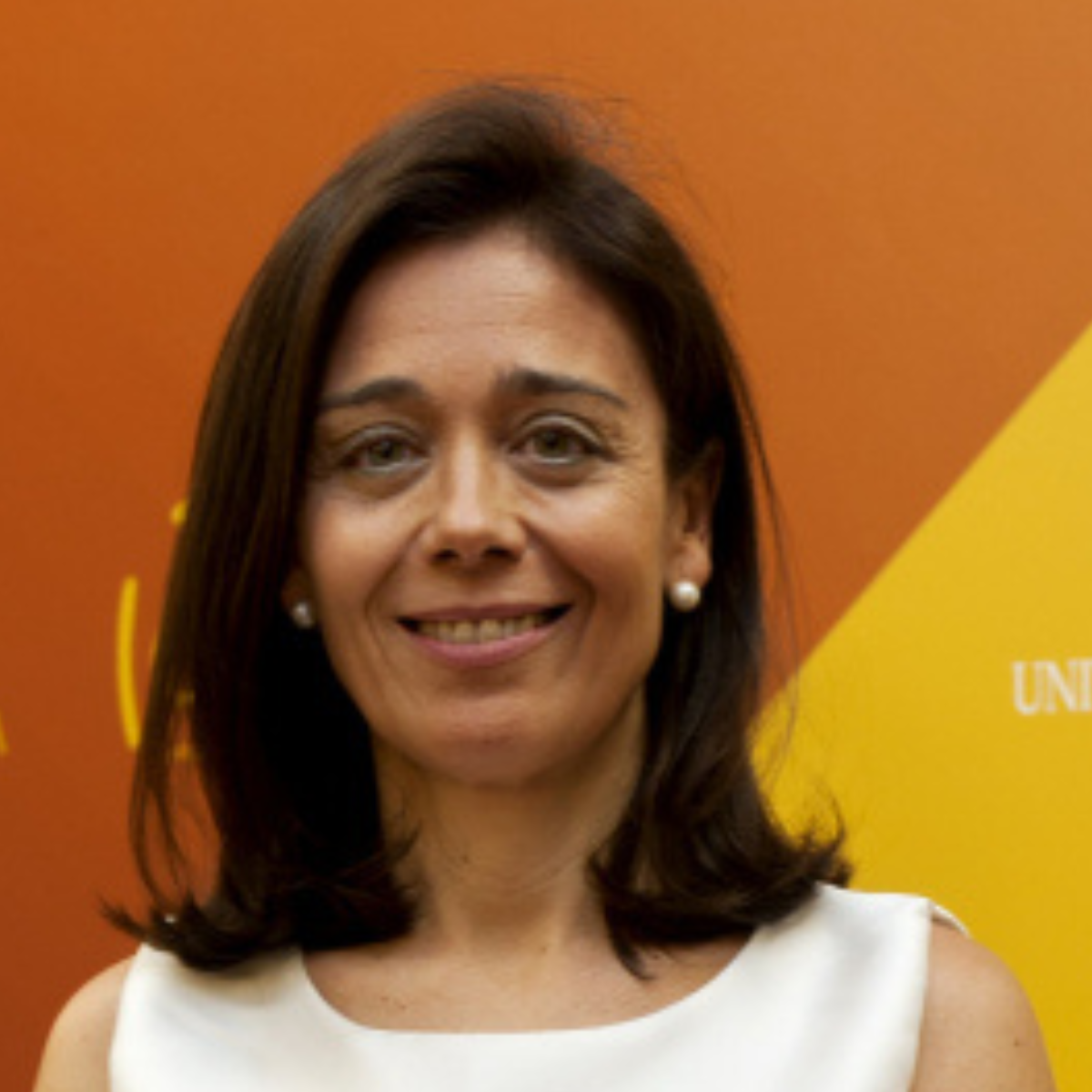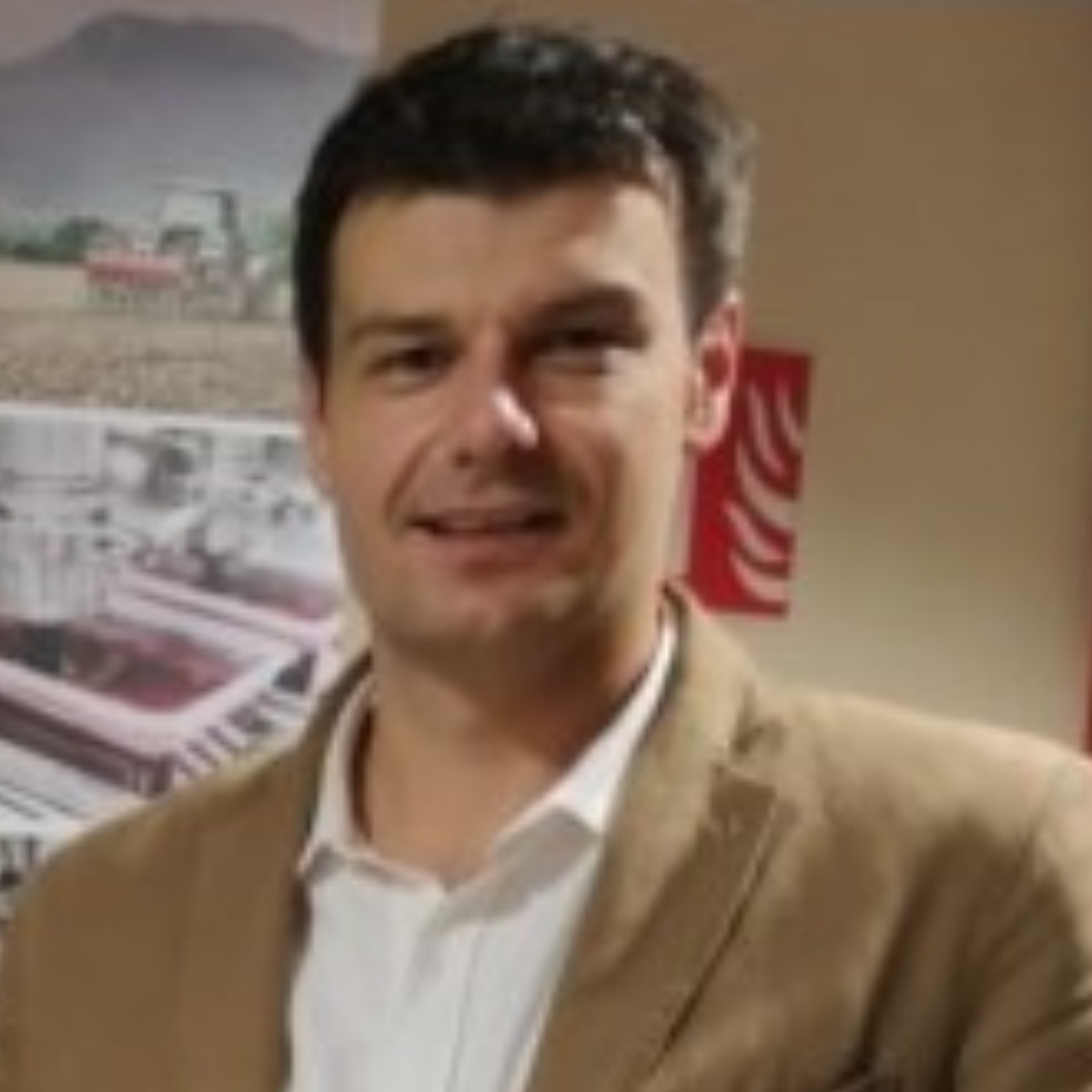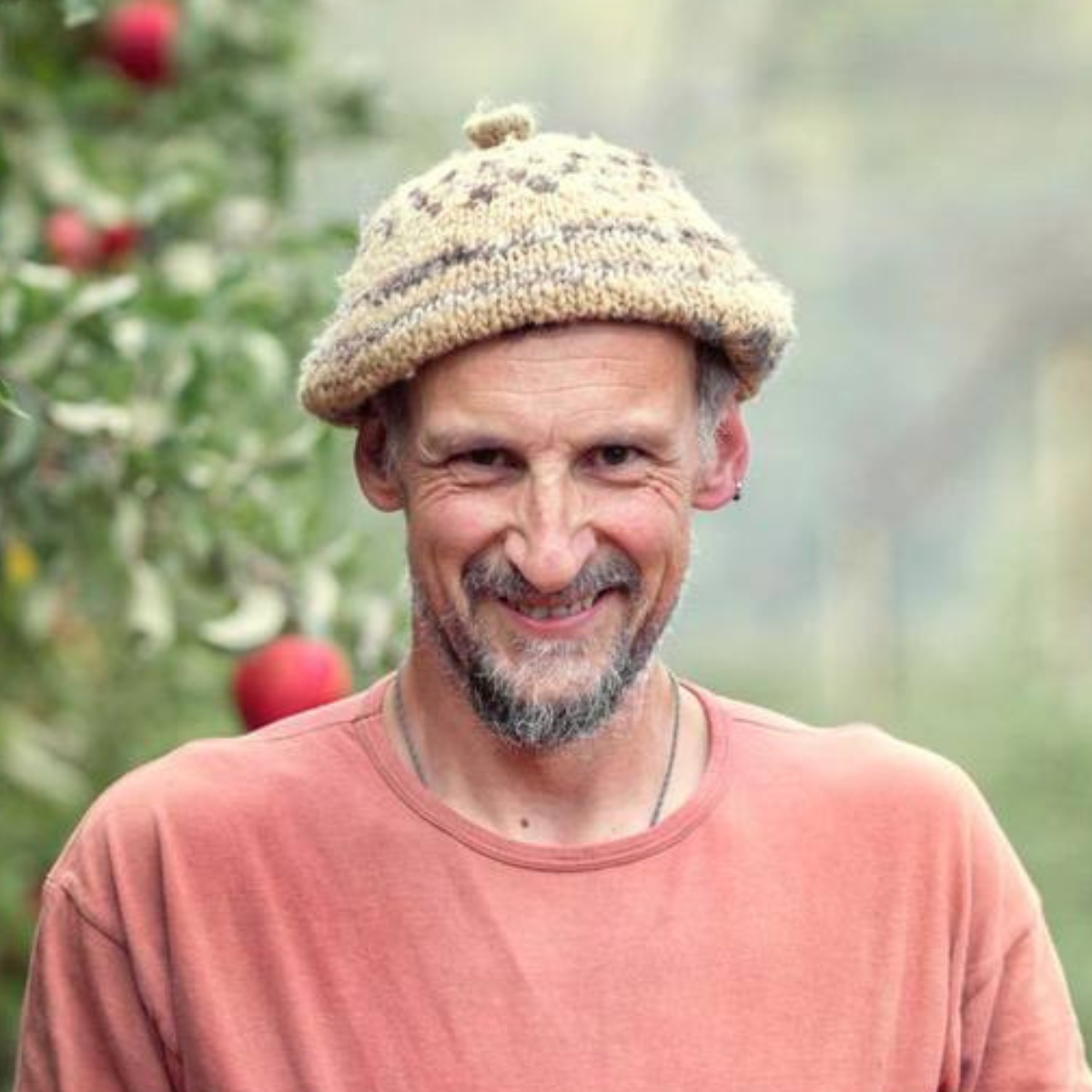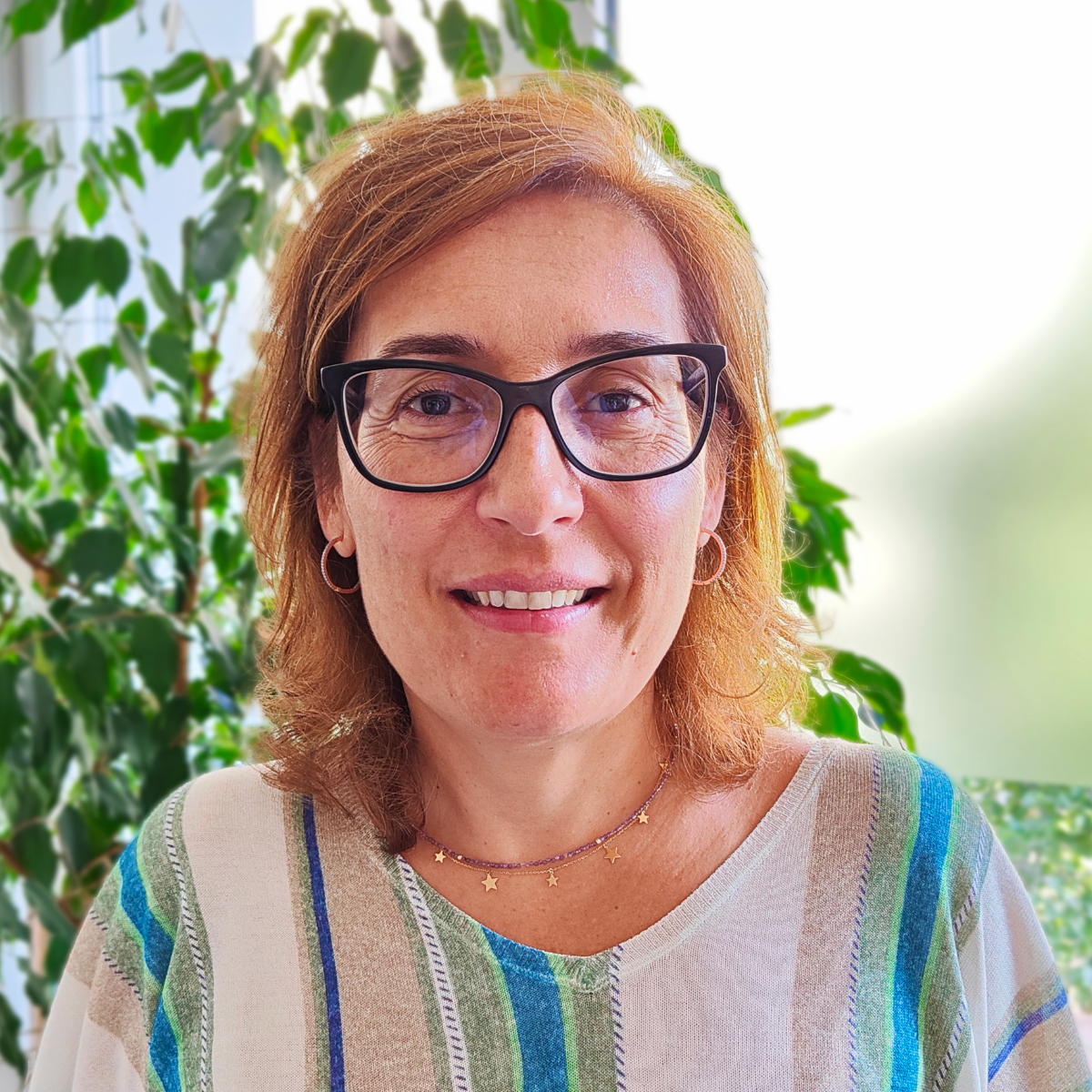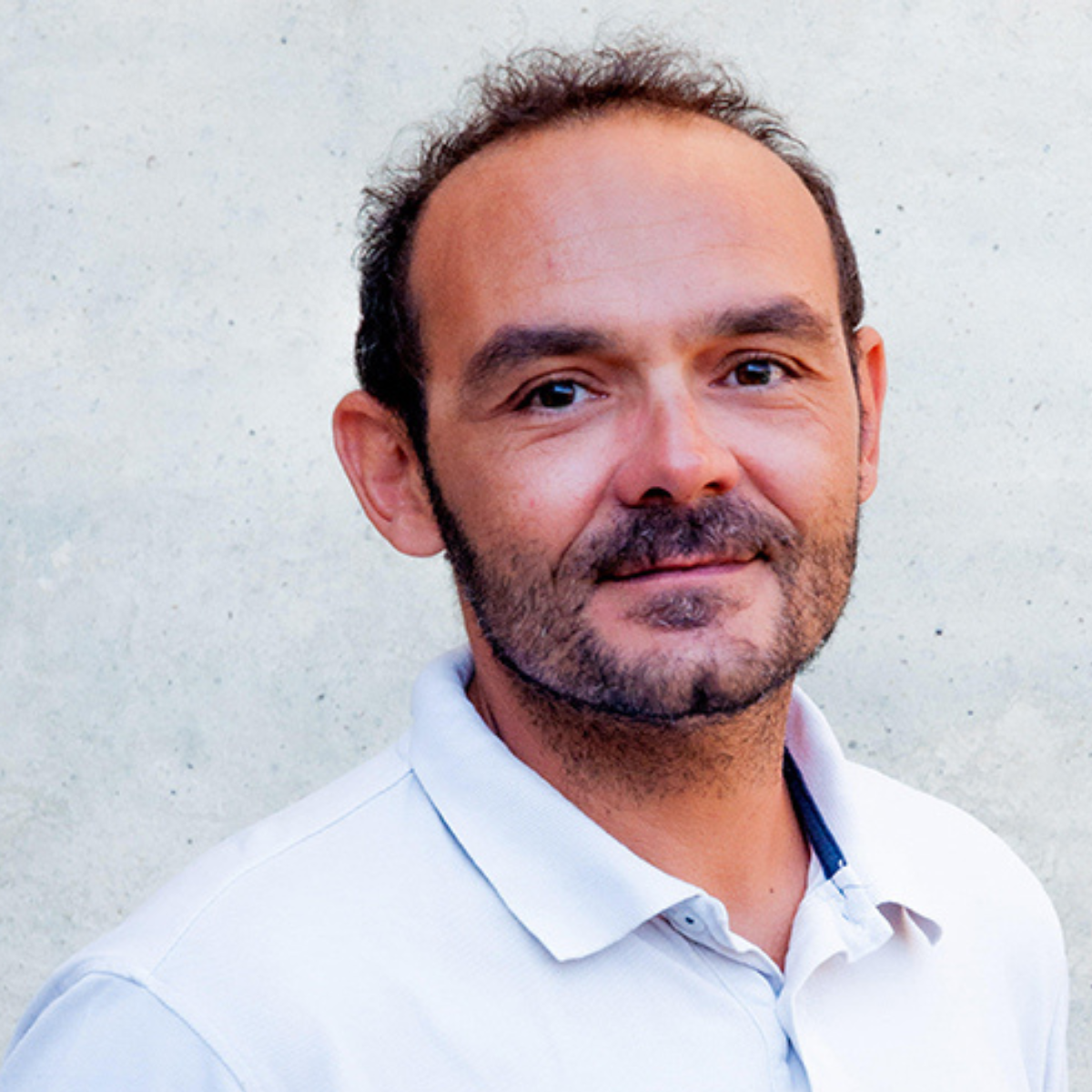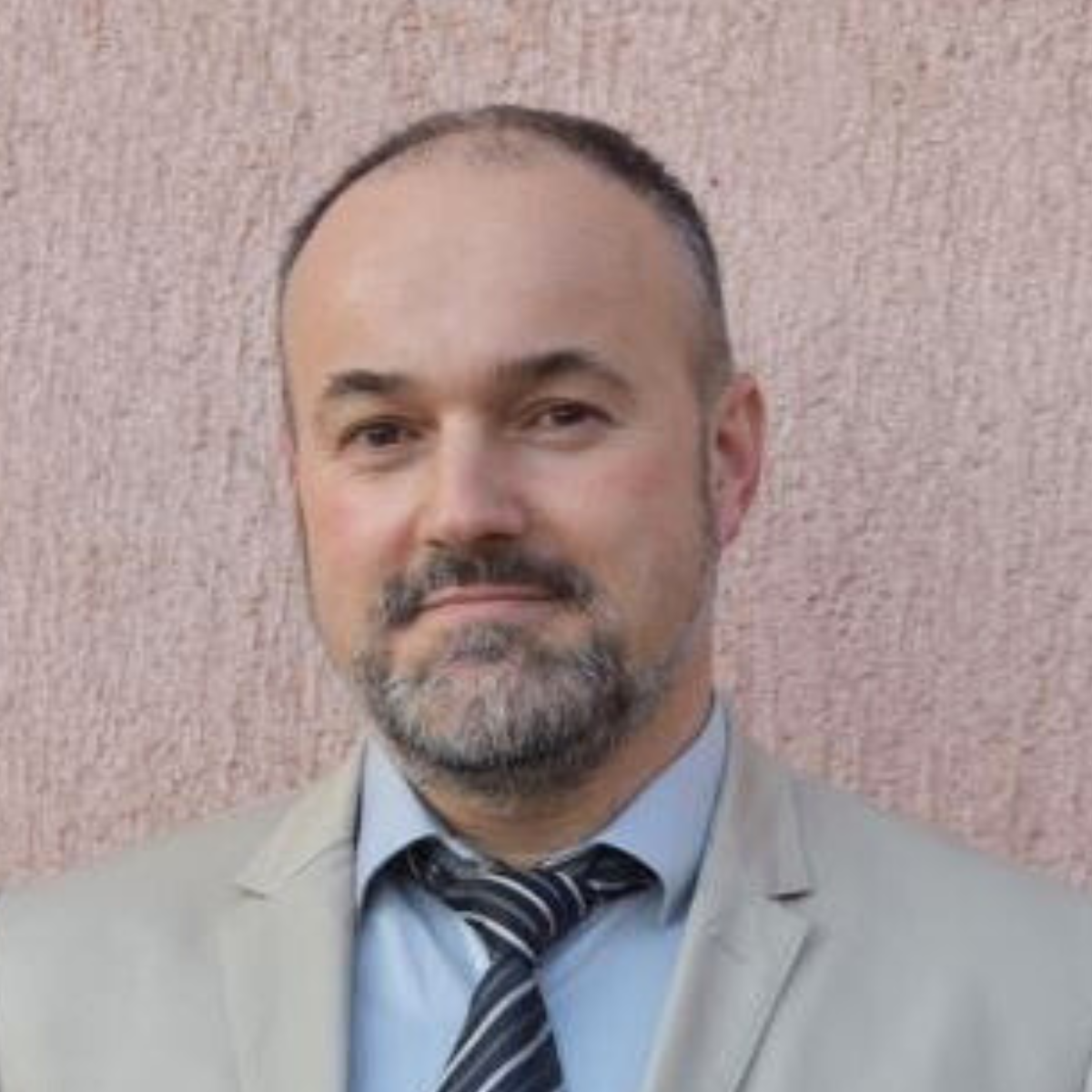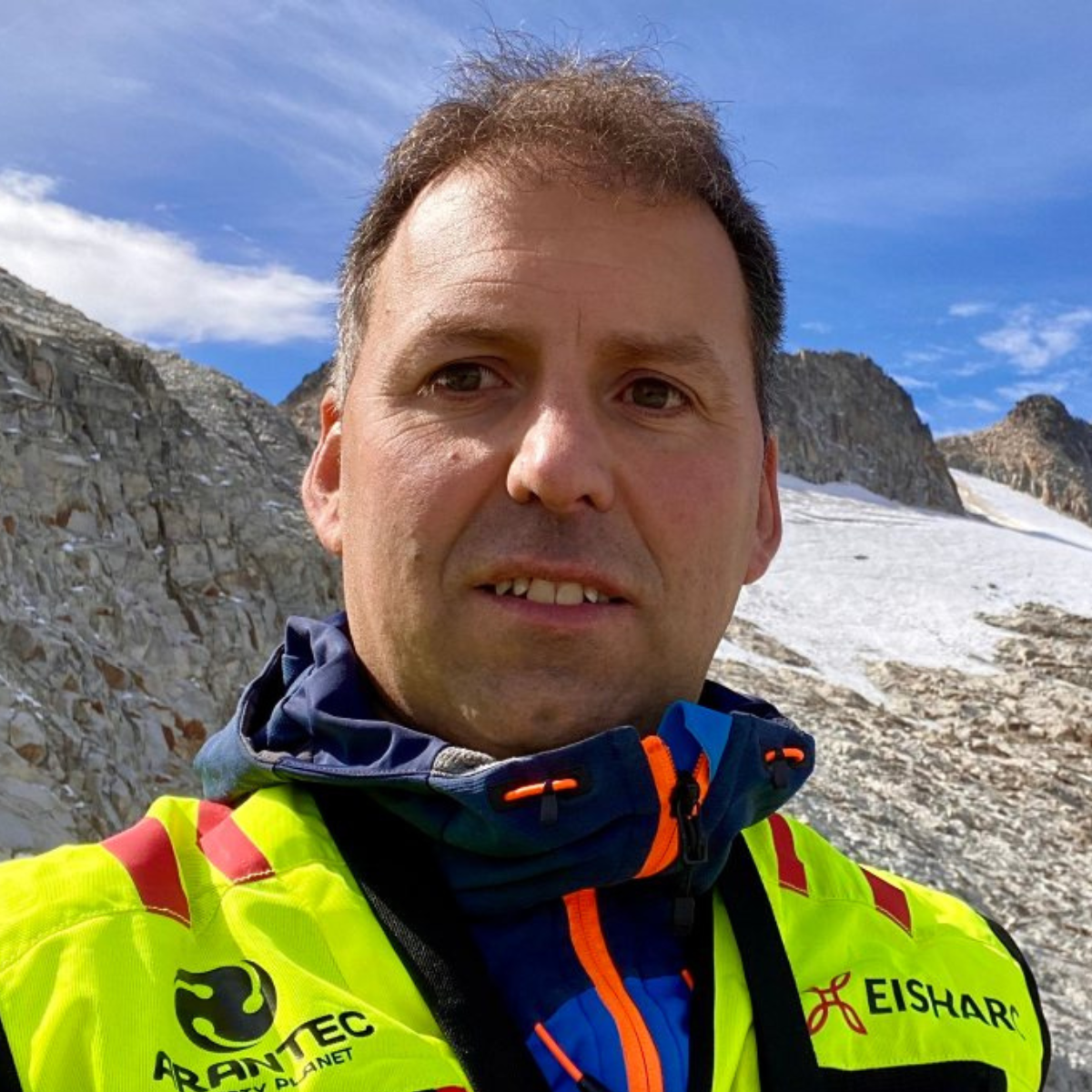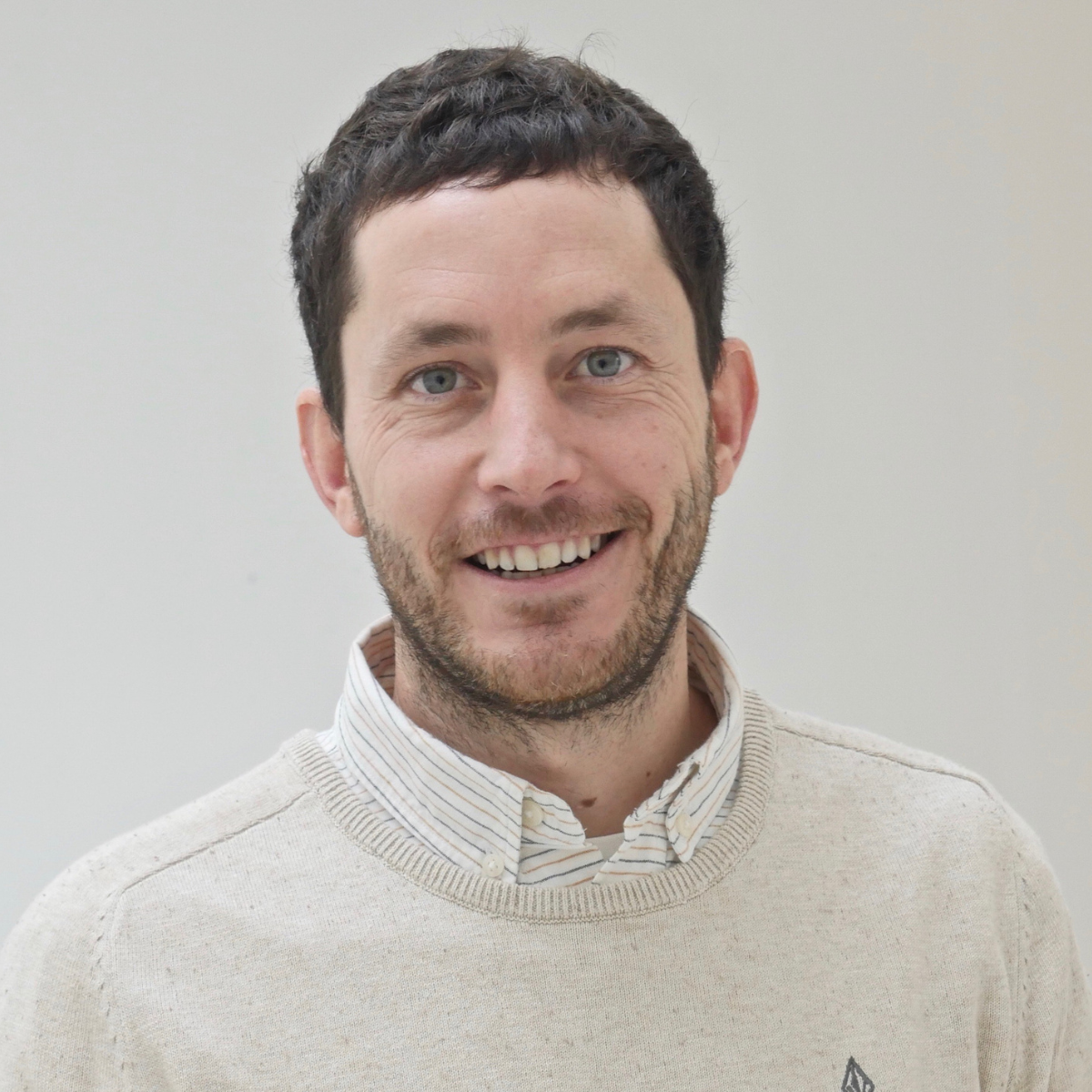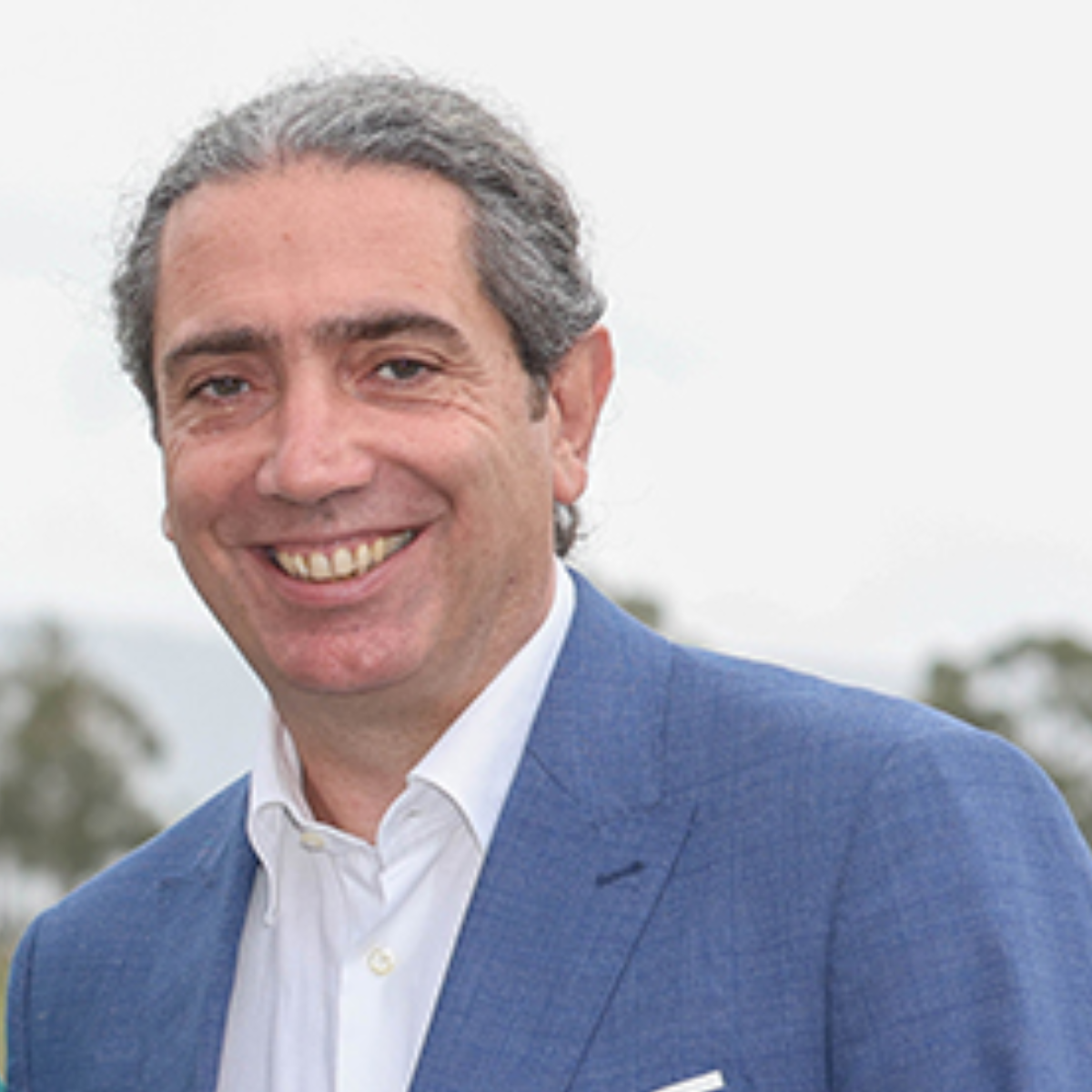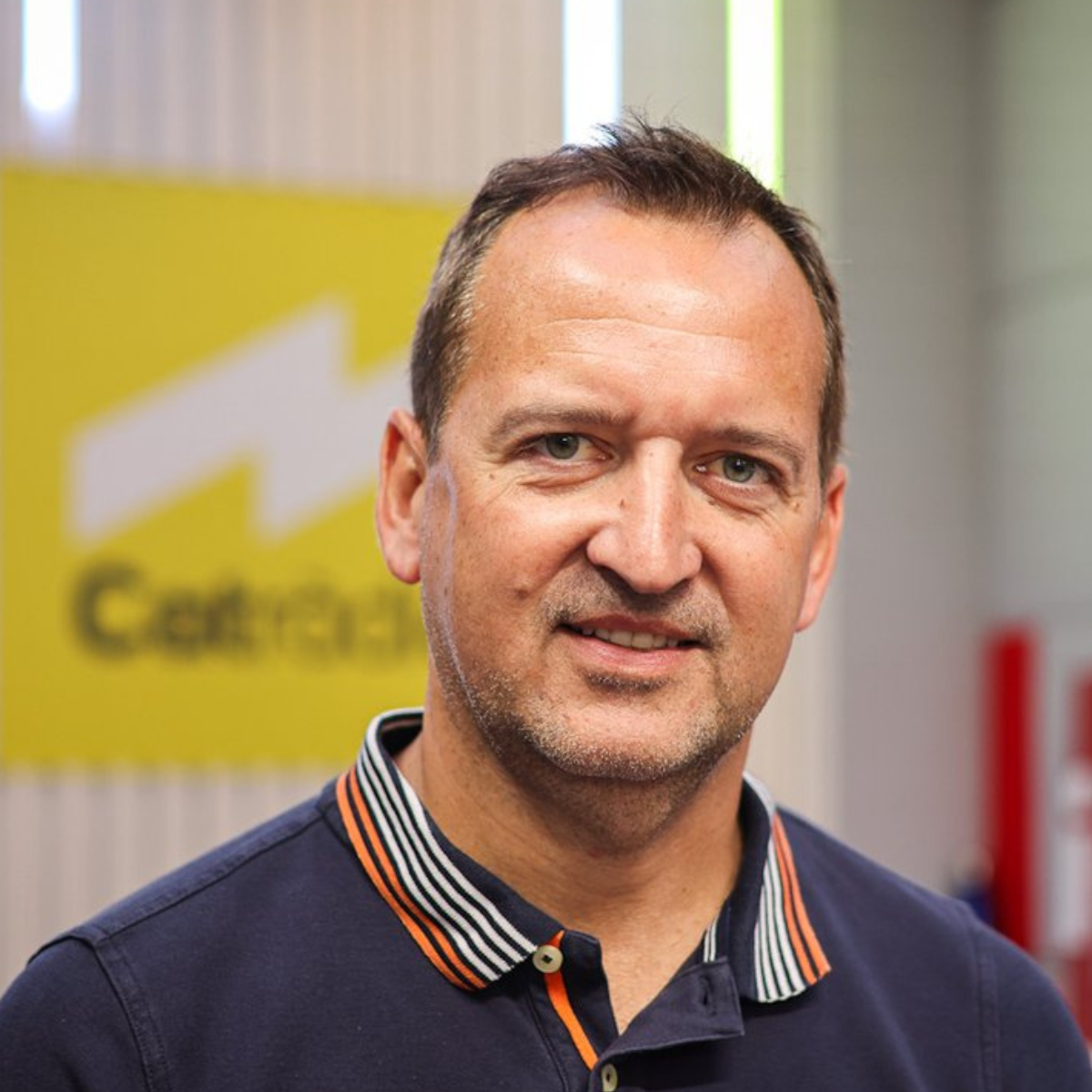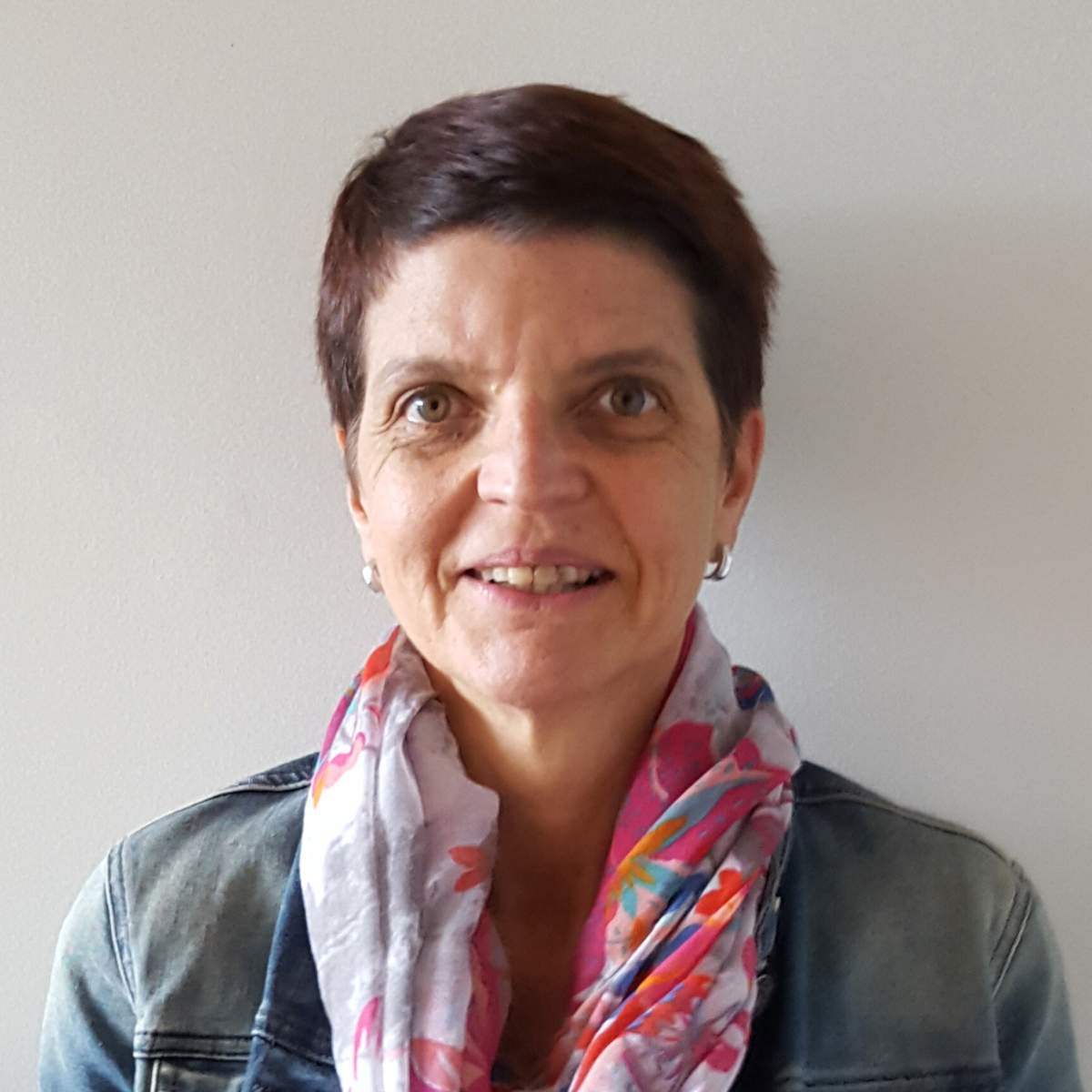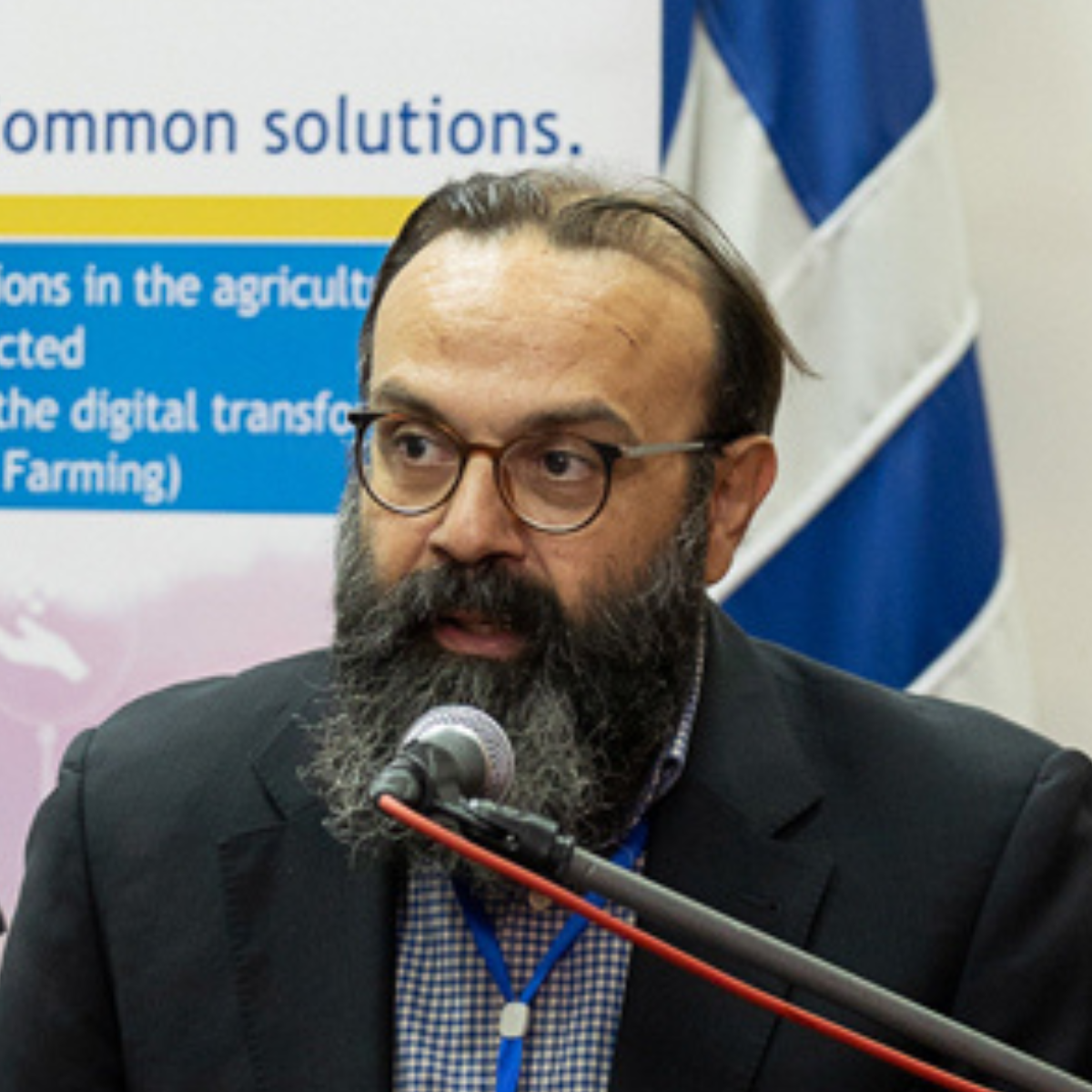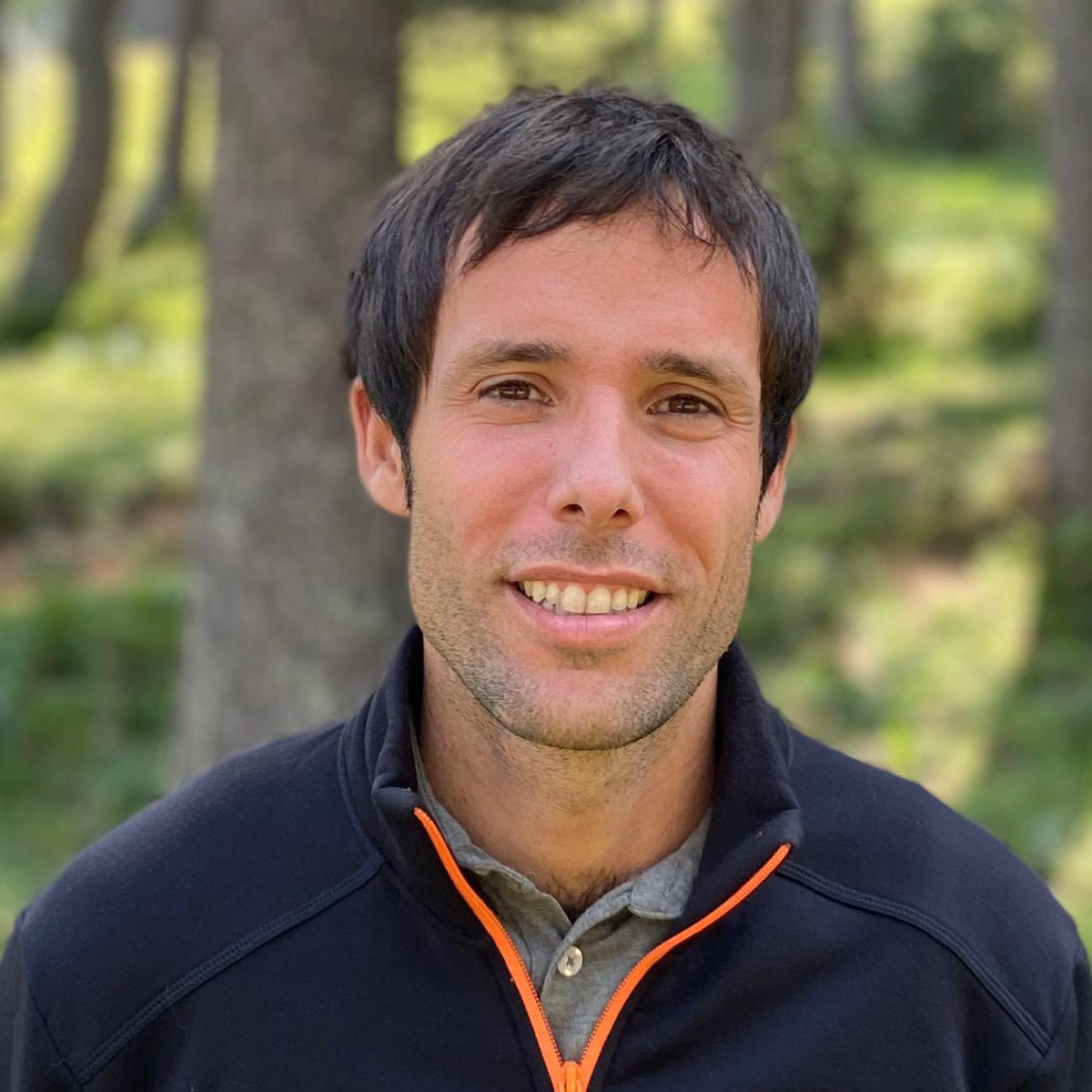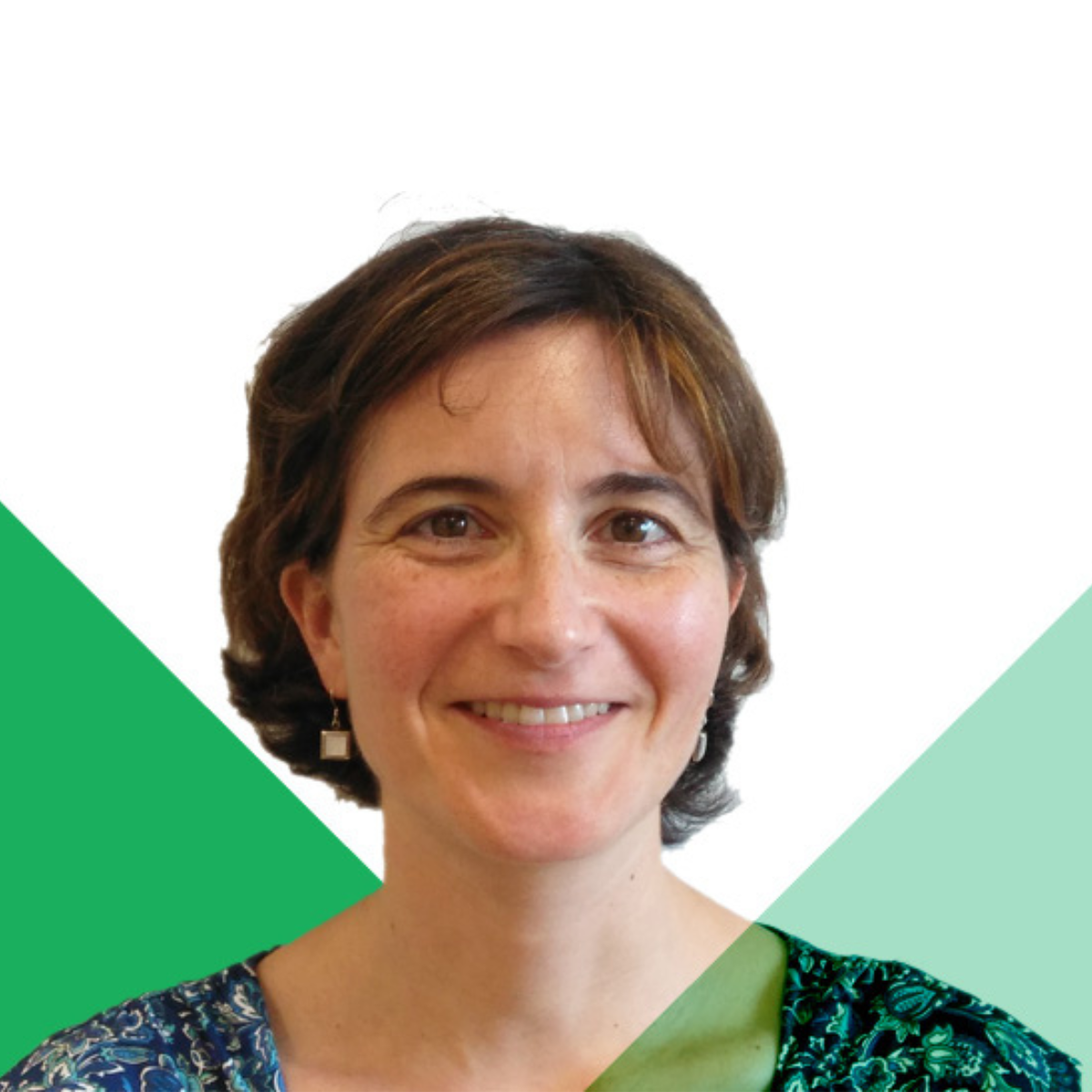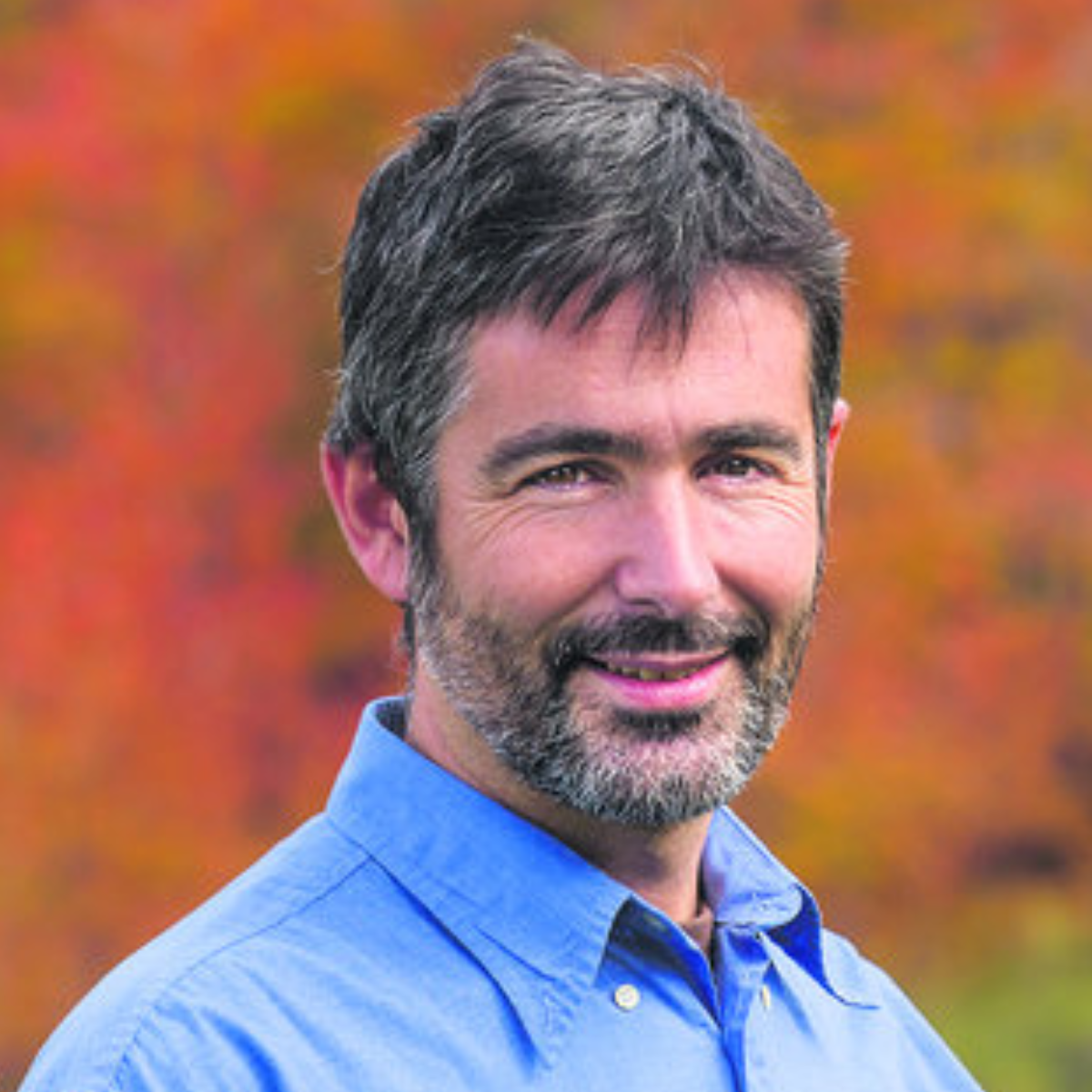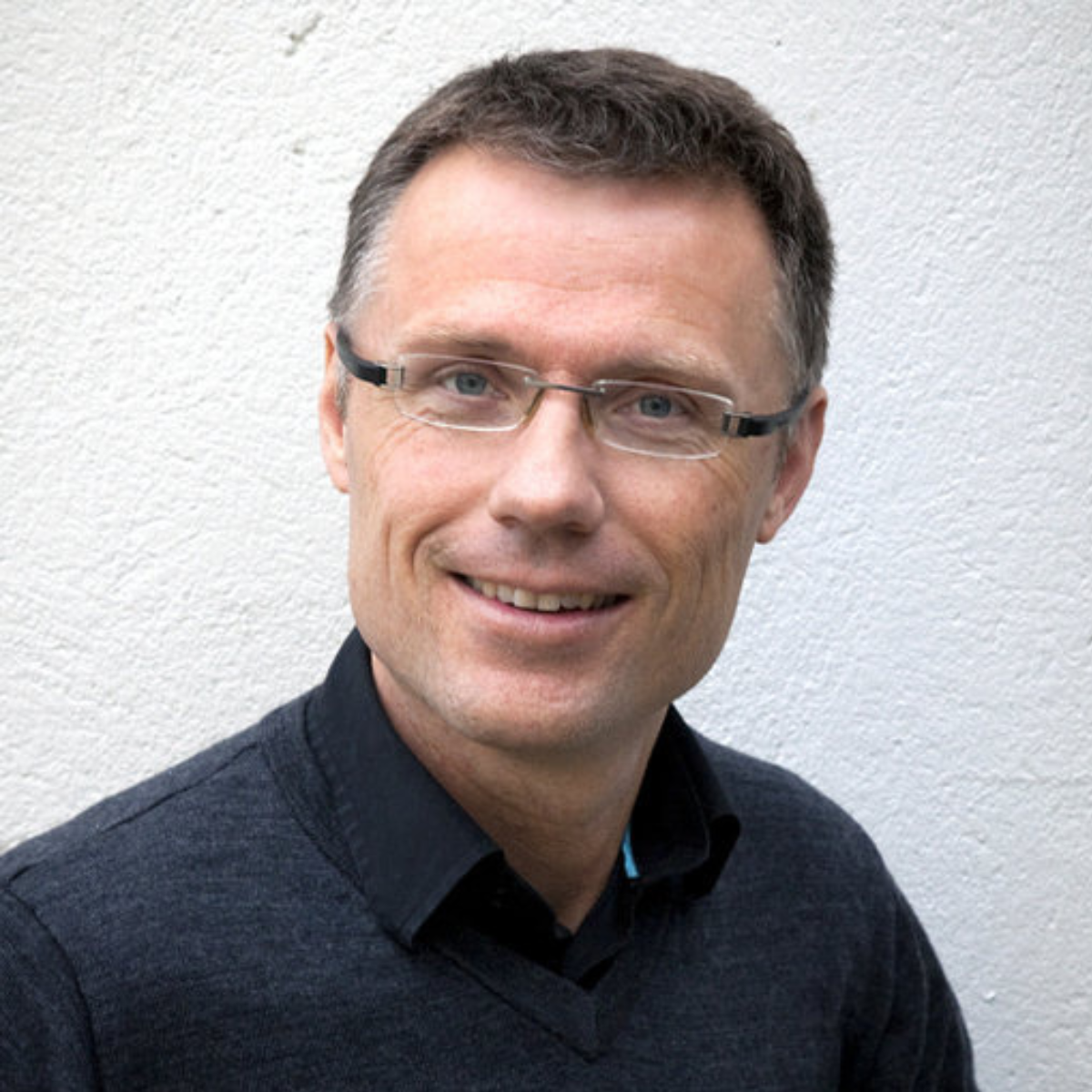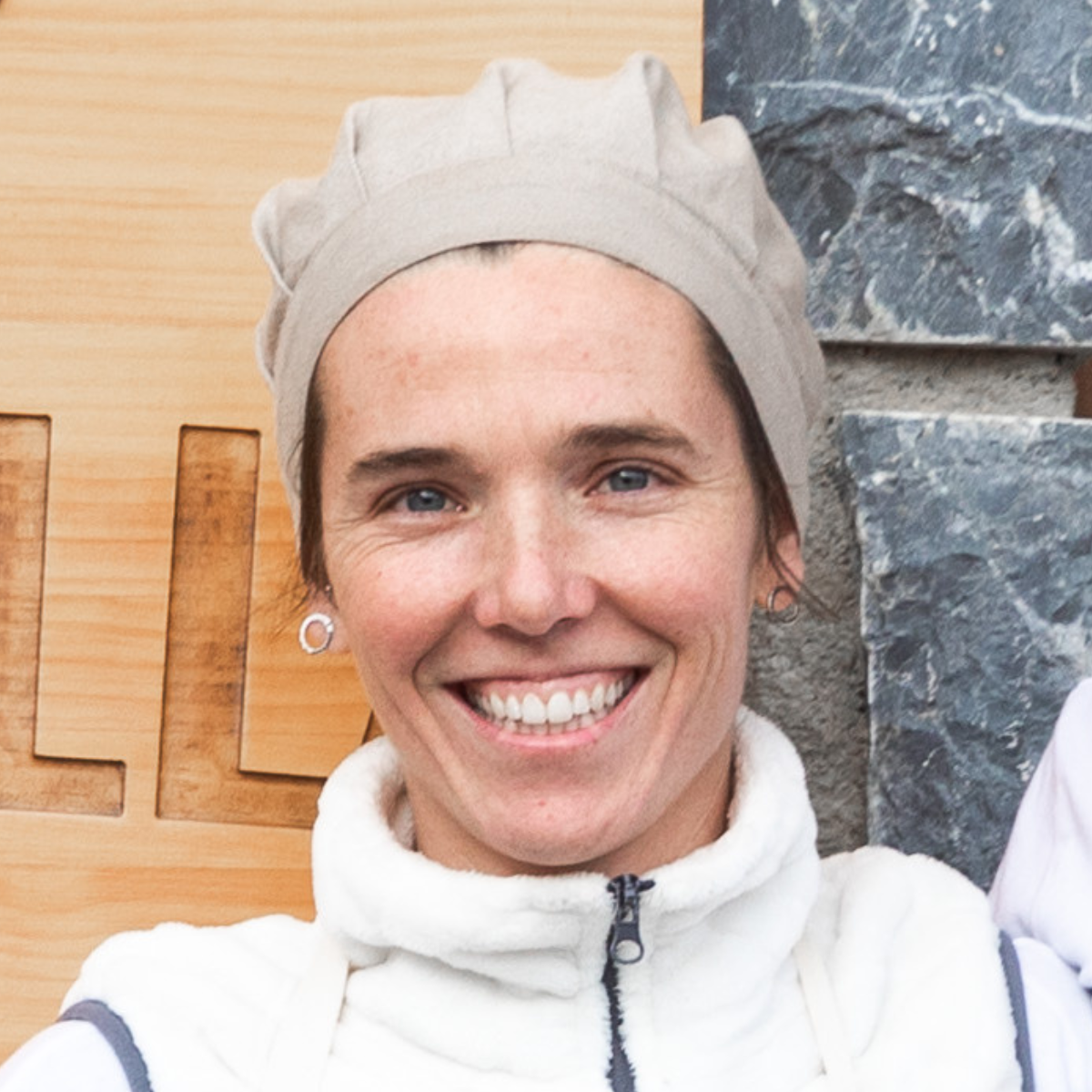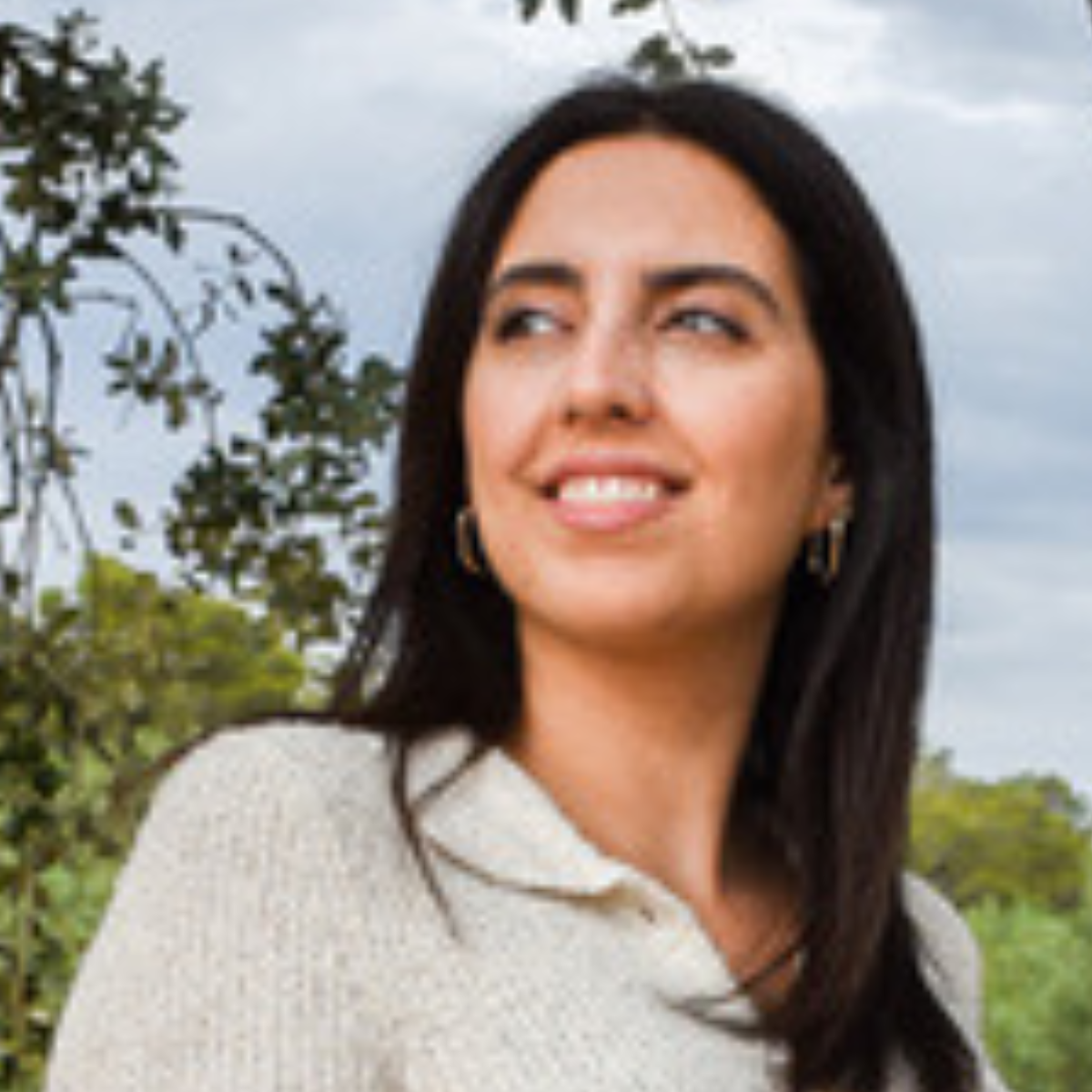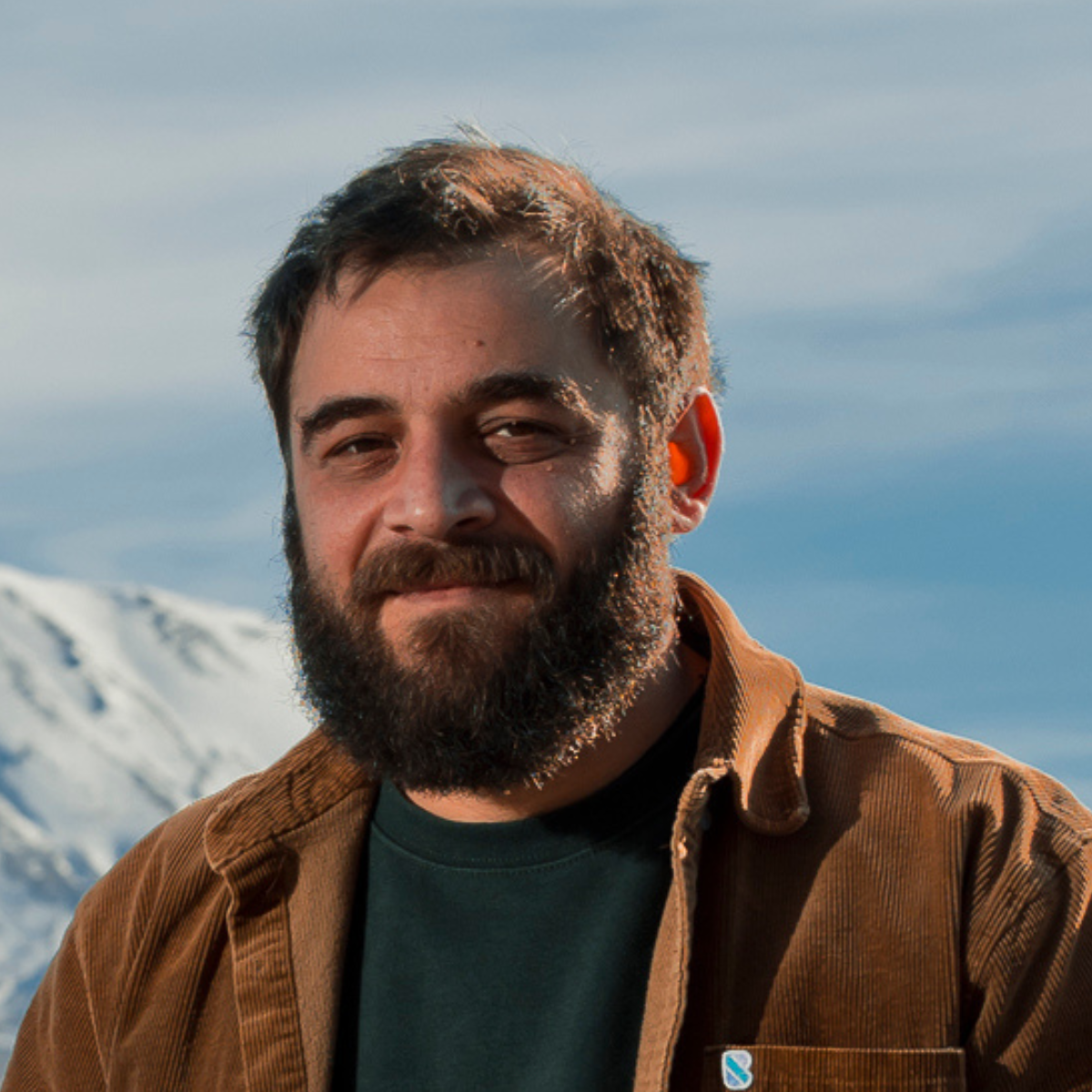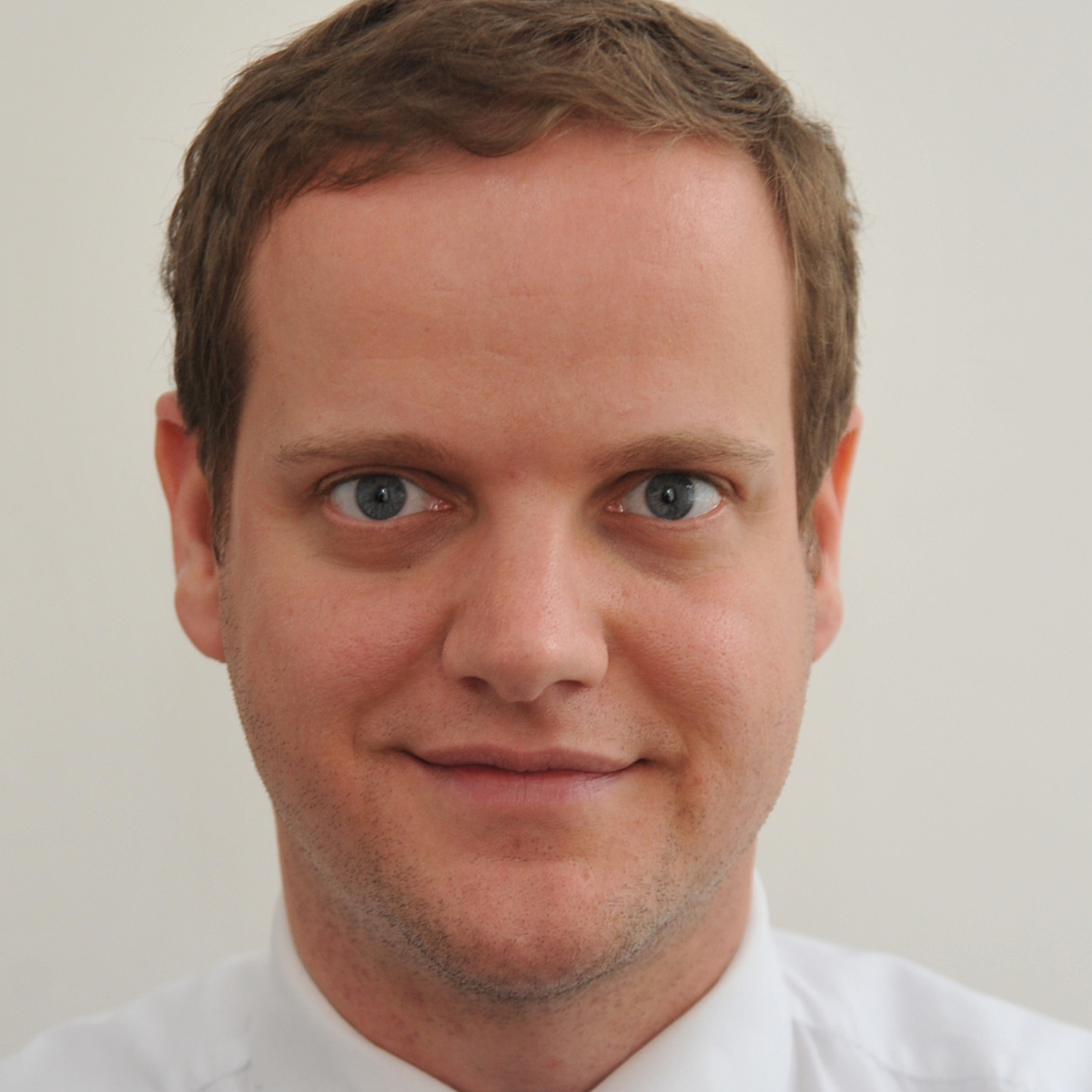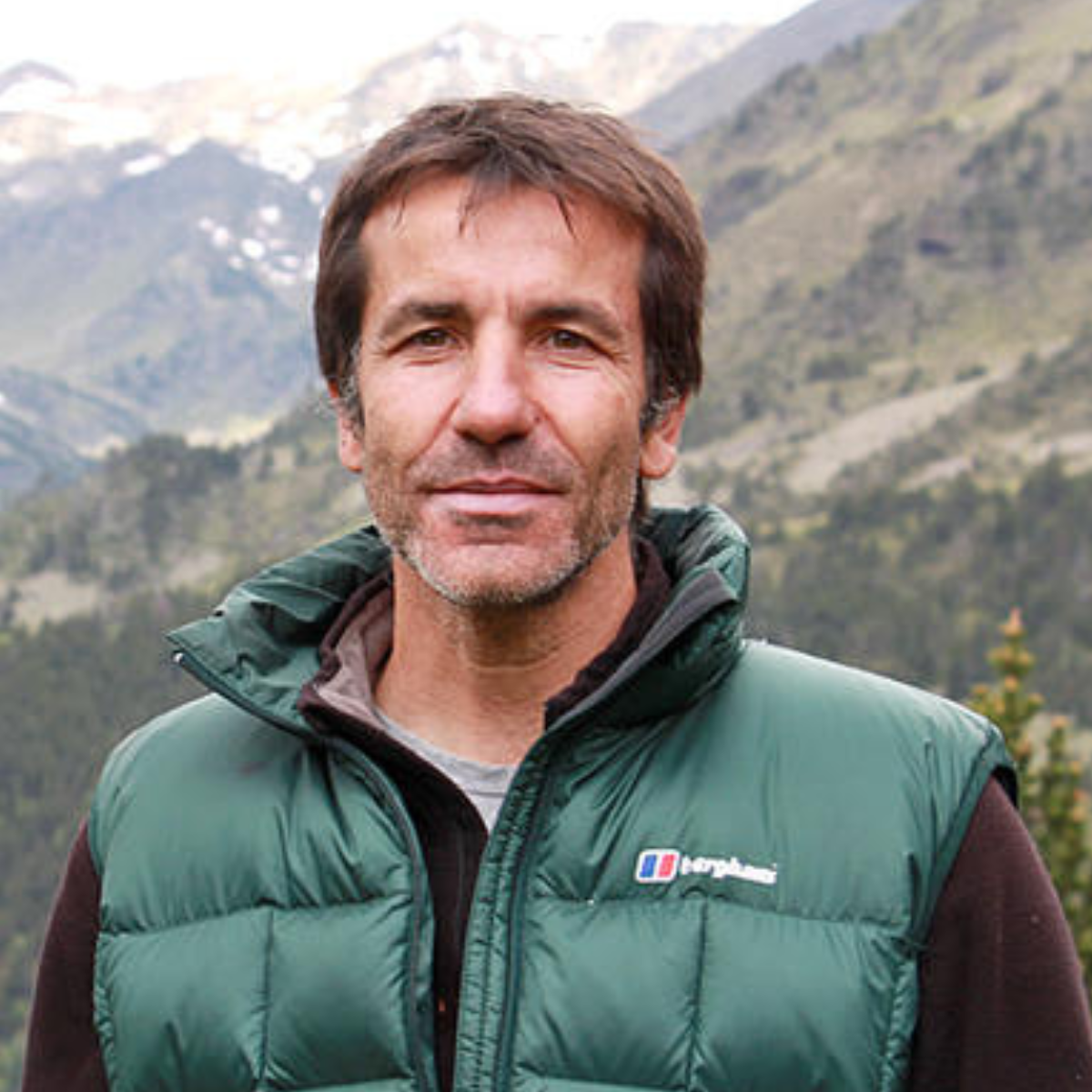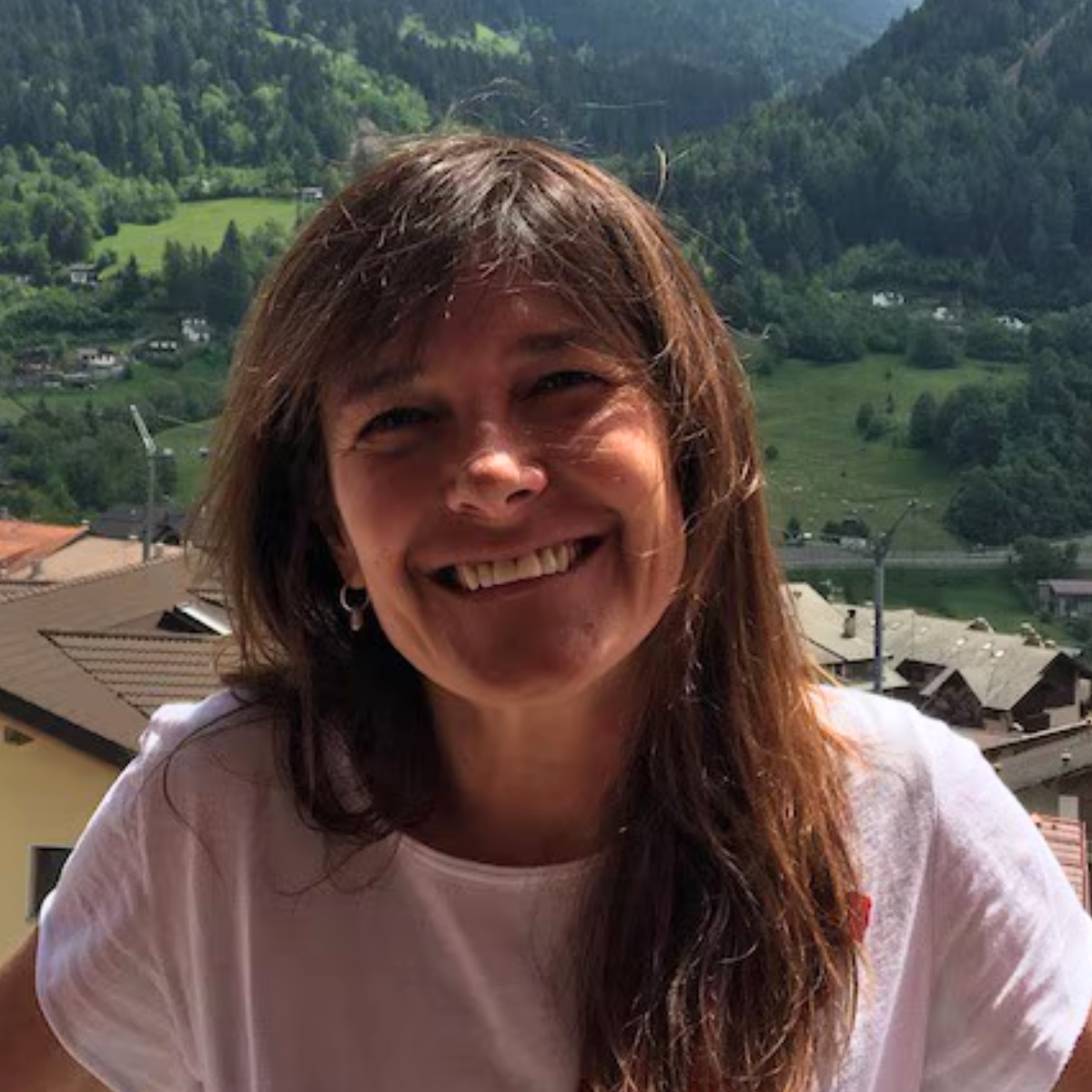Speakers
Be inspired and learn from leading experts and passionate speakers from governments, public institutions, businesses, associations and academia as we exchange knowledge, discuss solutions and shape the future of mountain economies.
16 October 2024
Plenary speakers
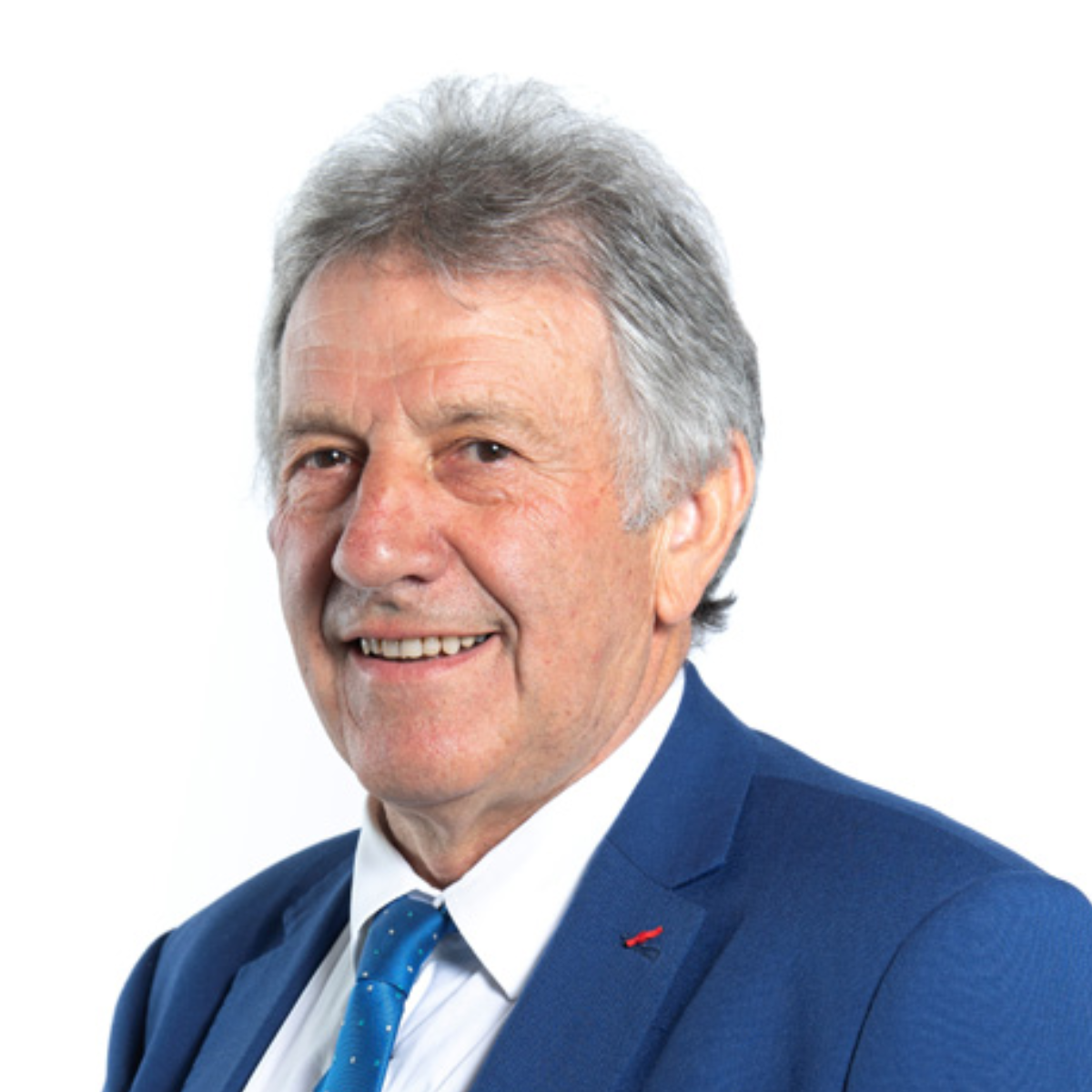
Jean-Louis Cazaubon
Vice-President for Food Sovereignty, Viticulture and the Mountains
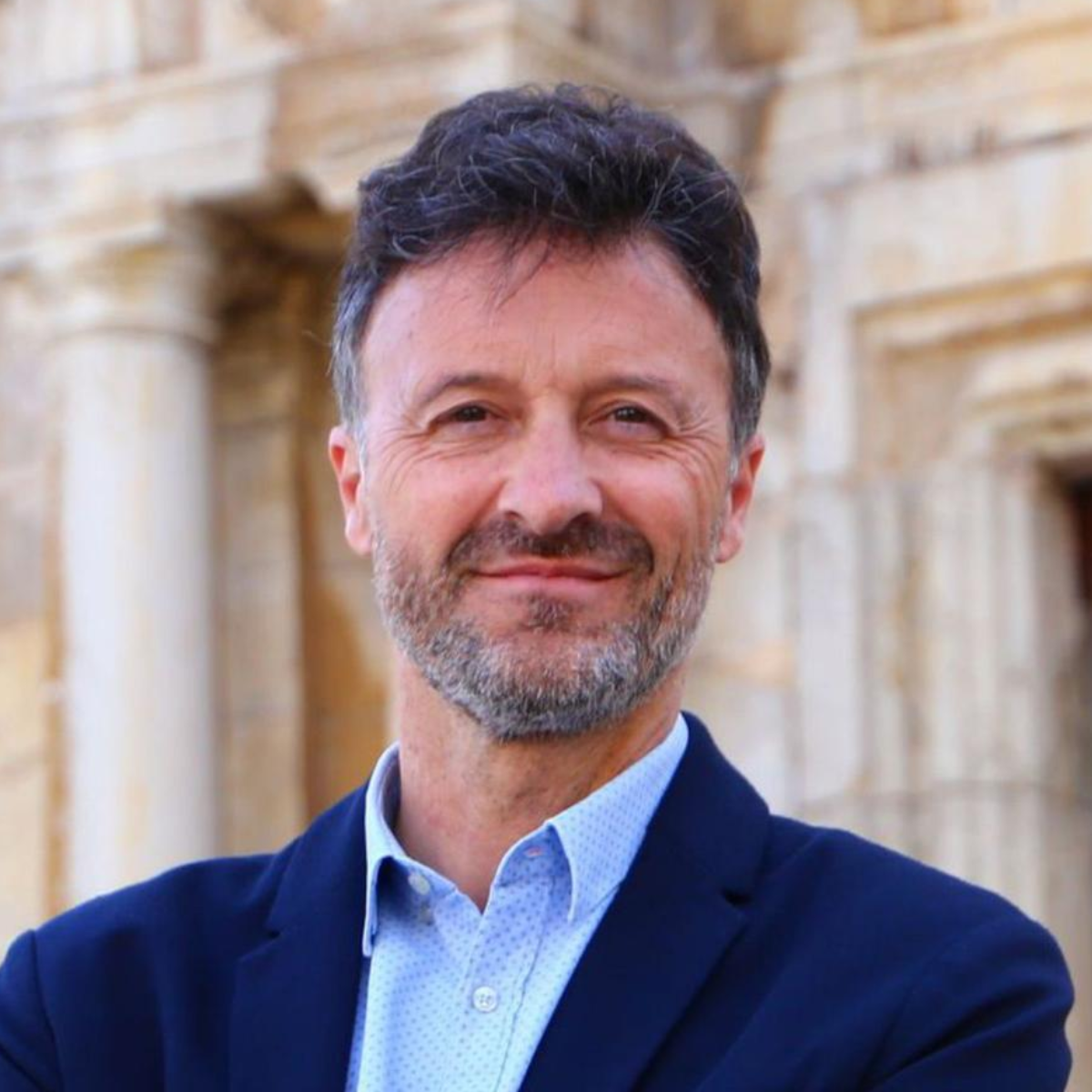
Víctor Puga López
Secretary for Regional and Urban Development and Urban Planning
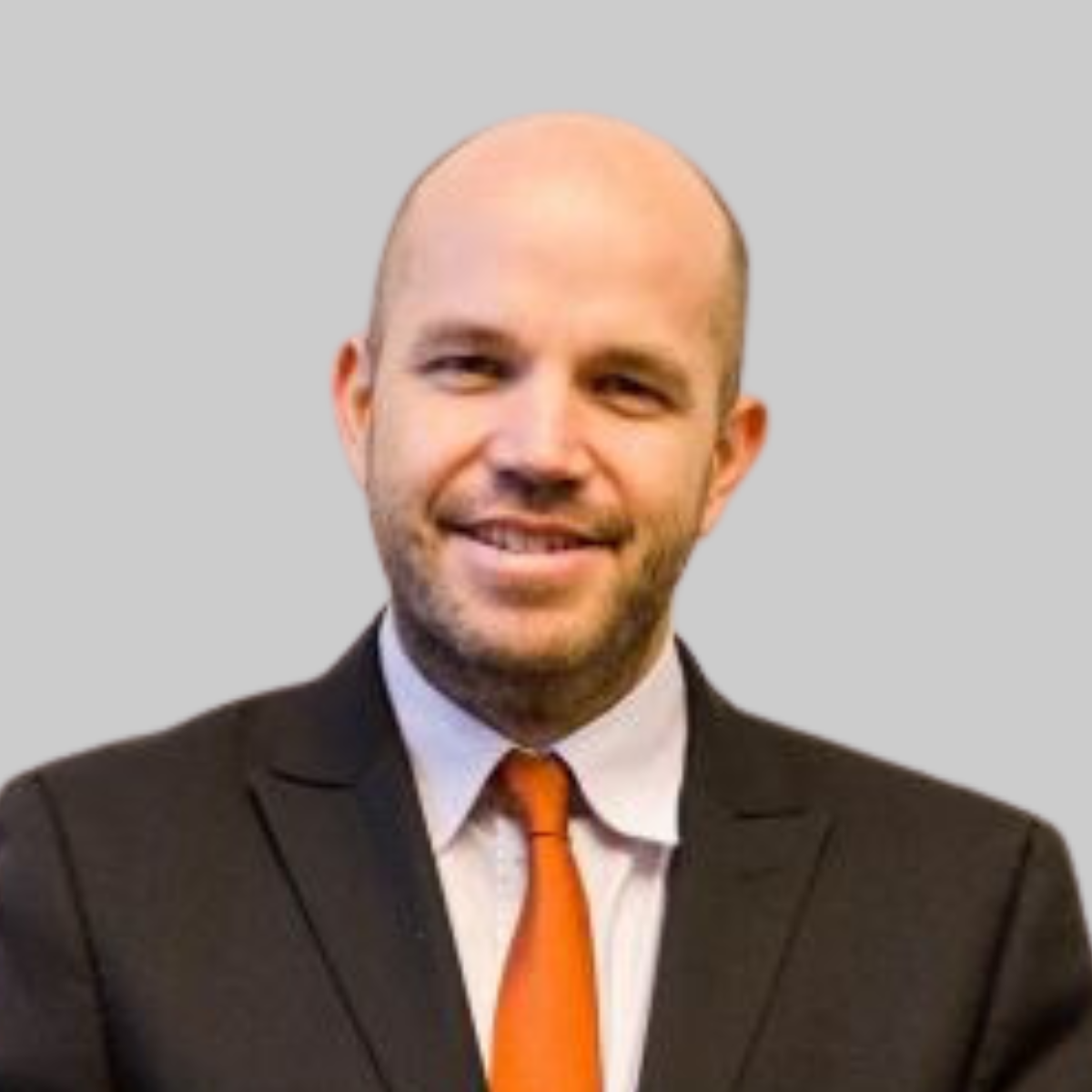
Enrique Garcilazo
Deputy Head of the Regional Development Division and Head of the Rural Unit
Worshop speakers
Worshop 1 – How to bring more value to mountain agricultural products?

Cristina Stuffer
Economic researcher
Institute for economic research from the Chamber of Commerce Bolzano
Workshop 2 – From raw materials to processing: how to bring the secondary sector back into mountain territories?
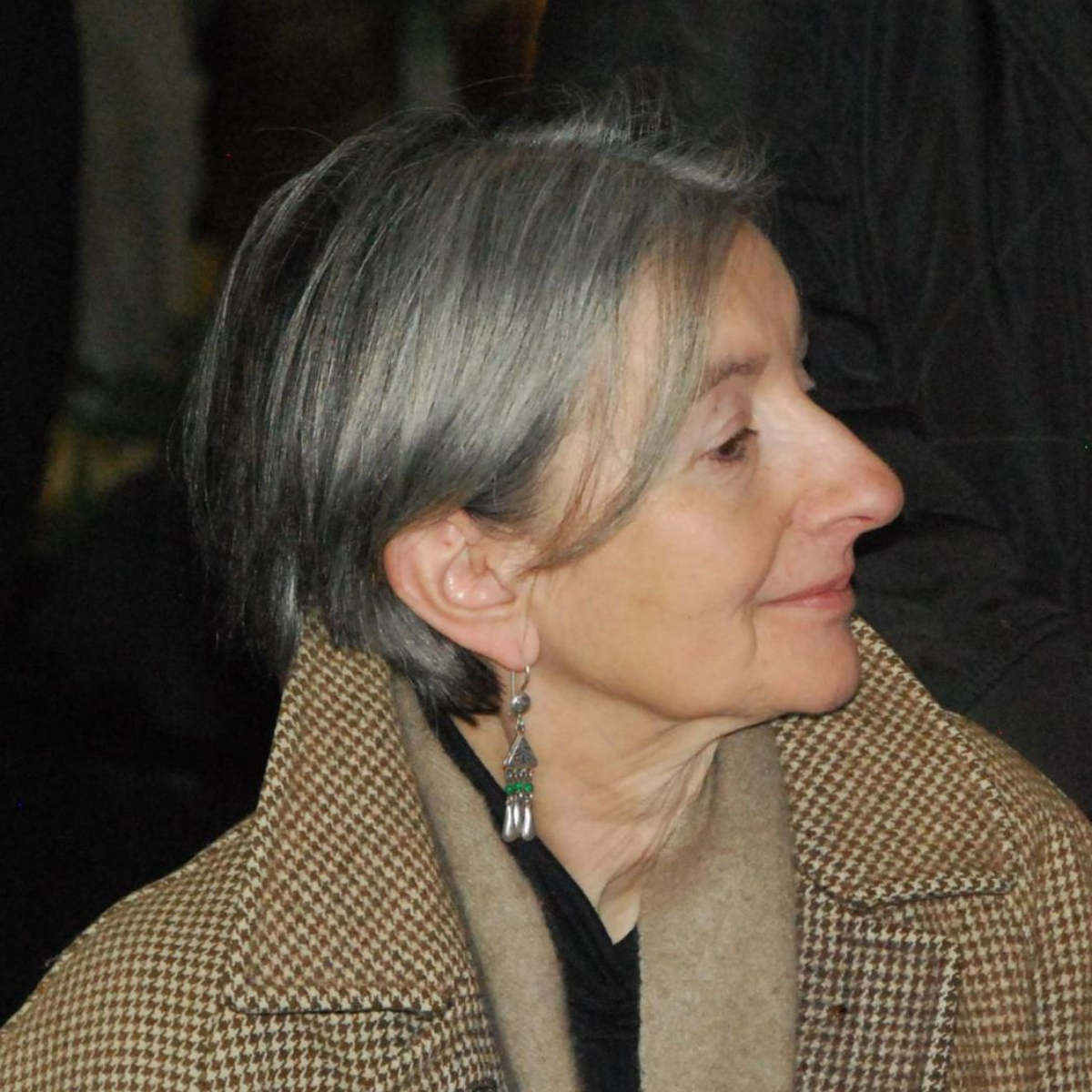
Marie-Thérèse Chaupin
Coordinator and Delegate for European relations
Workshop 3 – How to tap into the potential of digitalisation for mountain economies?
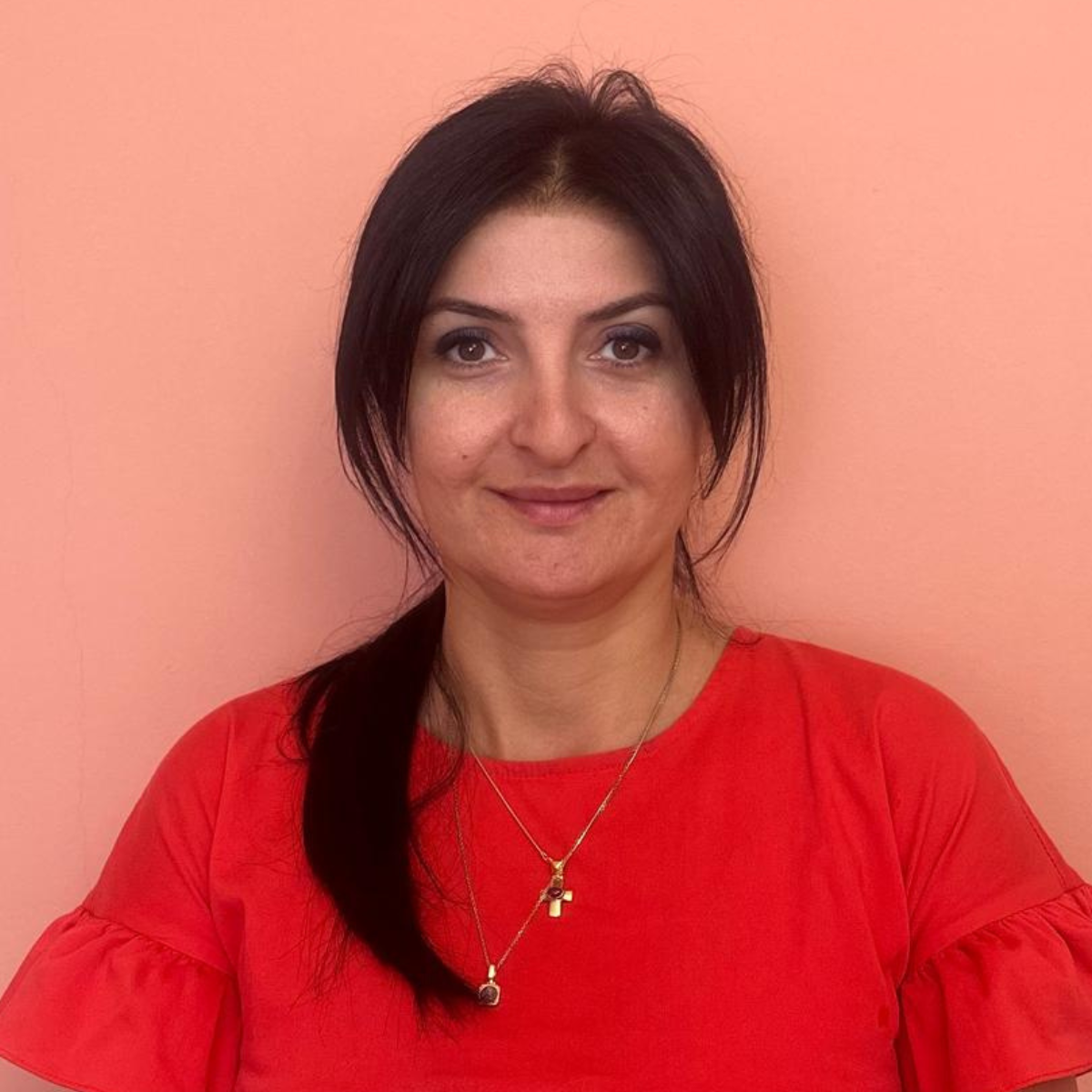
Natia Chopliani
Deputy Executive Director
Caucasus Network for Sustainable Development of Mountain Regions
Workshop 4 – How to foster entrepreneurship?
17 October 2024
Plenary speakers
Worshop speakers
Workshop 5 – Working with nature: how to rethink tourism in mountain areas?
Workshop 6 – Working for nature: how to quantify and remunerate ecosystem services from agro-pastoral activities?

Josep Milà Puigdomènech
Biologist
Technical Office of the Catalan Ministry of Agriculture, Livestock, Fisheries and Food
Workshop 7 – What makes mountain communities tick? Is it only about access to services?
Workshop 8 – Overcoming barriers to attractiveness: how to tackle housing and access to land?
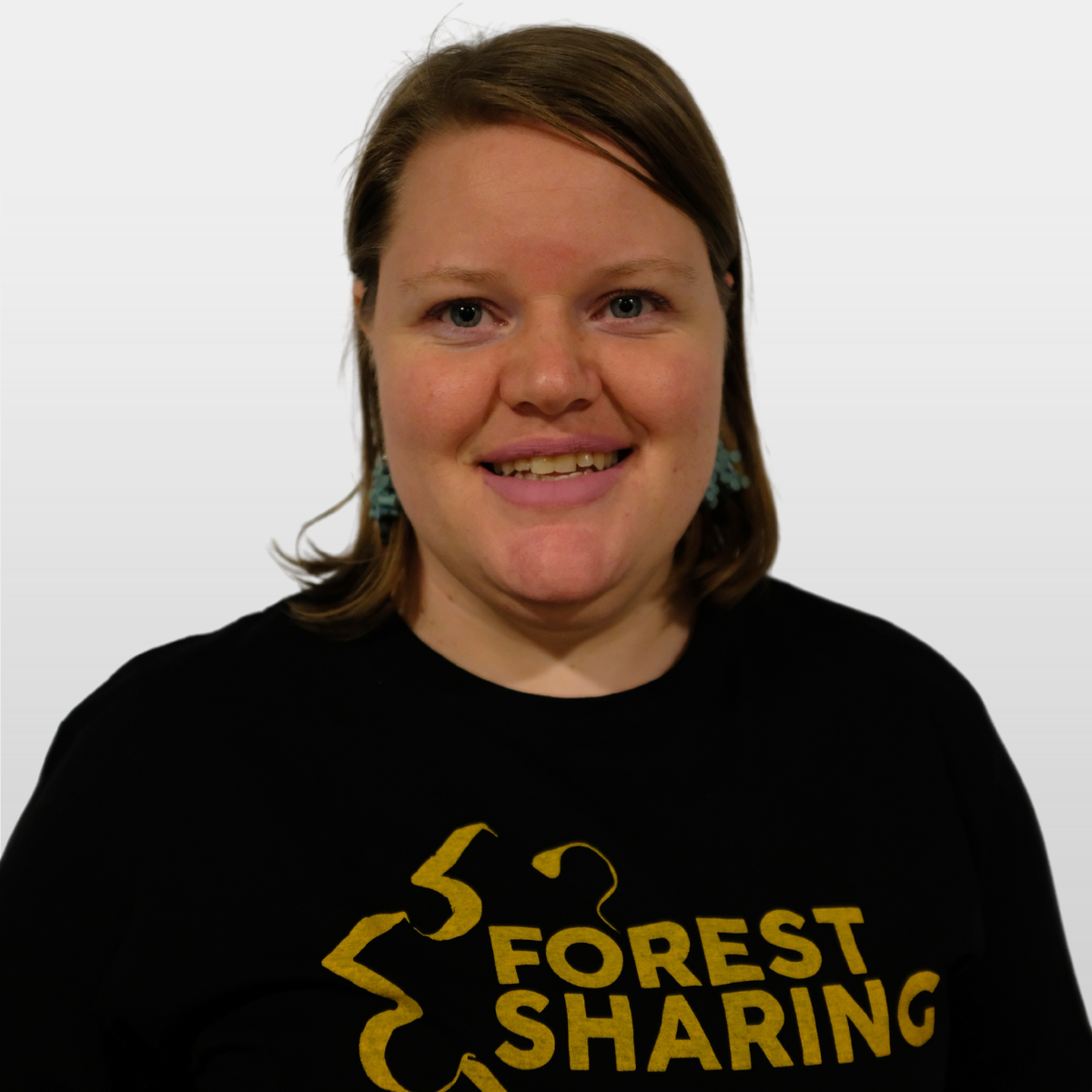
Ilaria Zorzi
PhD and Project Manager
Bluebiloba, innovative startup – University of Florence spin-off

Elisabeth Tuà Sardà
Activity Coordinator for the Regional and Urban Planning and Architecture Authority,
18 October 2024
Plenary speakers
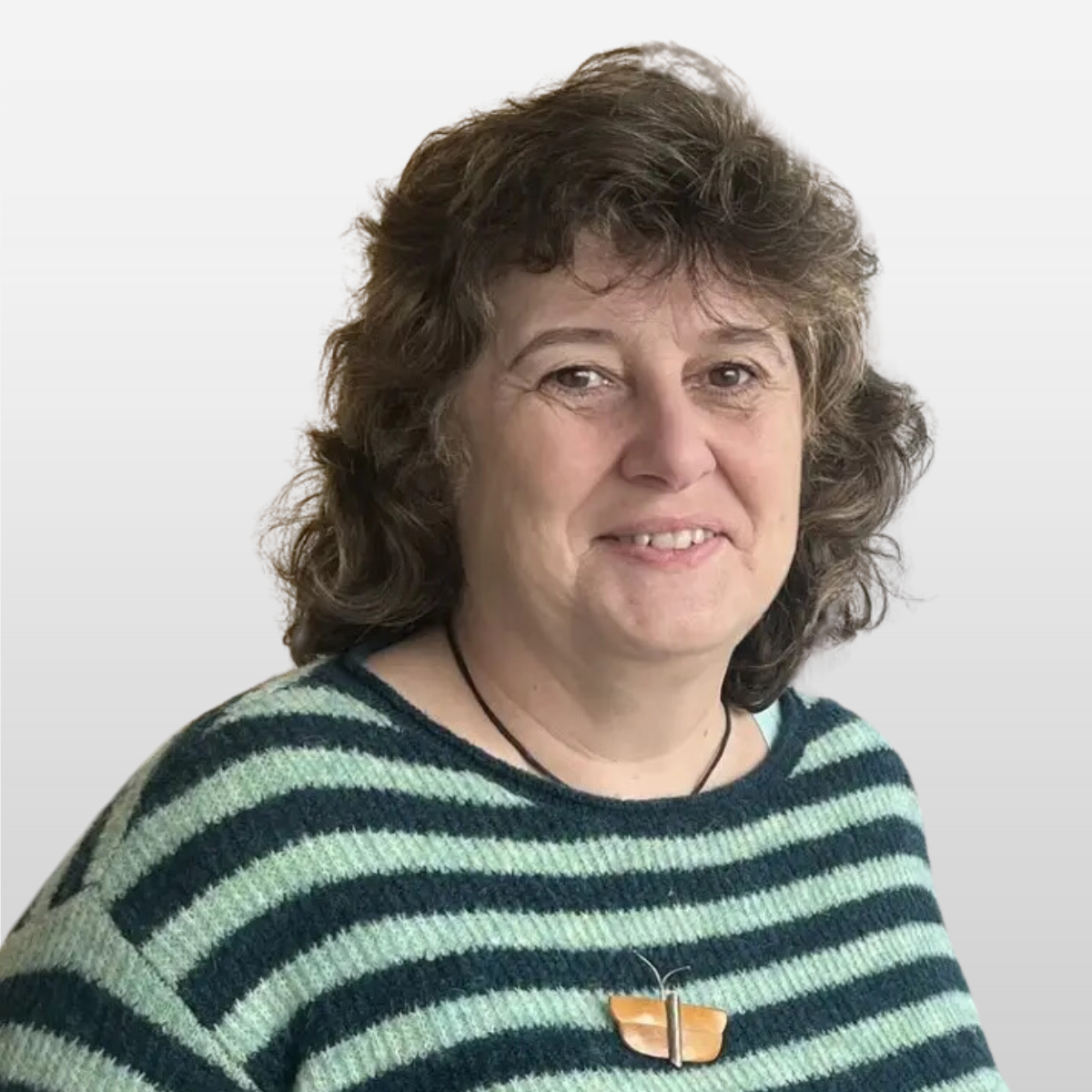
Eva Garcia Balaguer
Coordinator of the Pyrenean Climate Change Observatory
For any question or assistance, please contact info@euromontana.org


